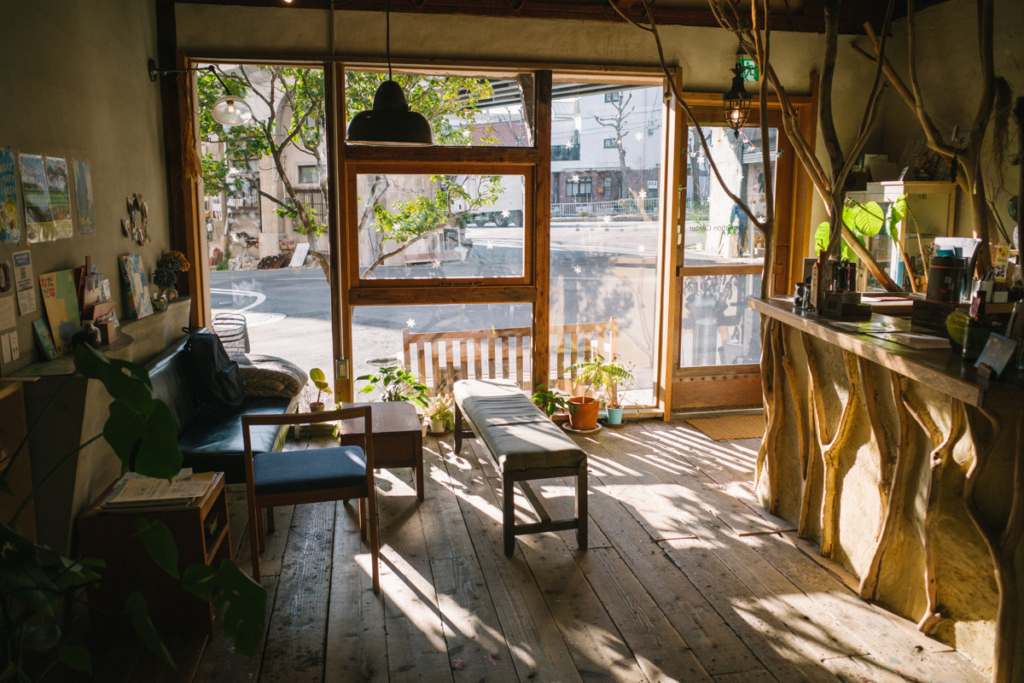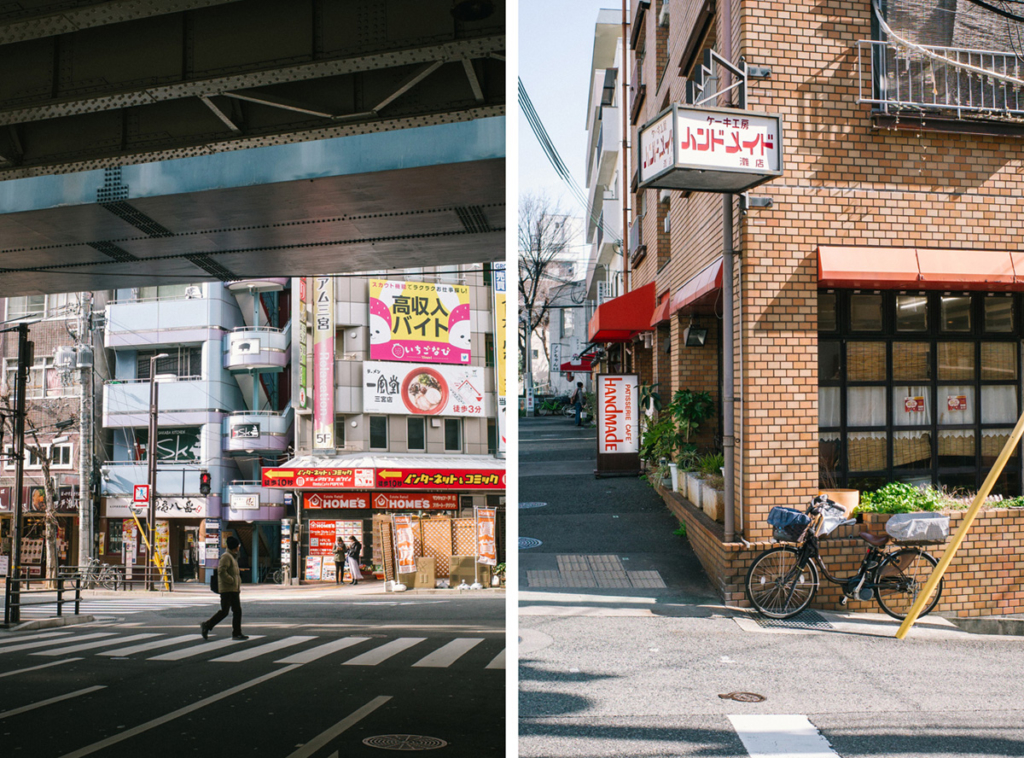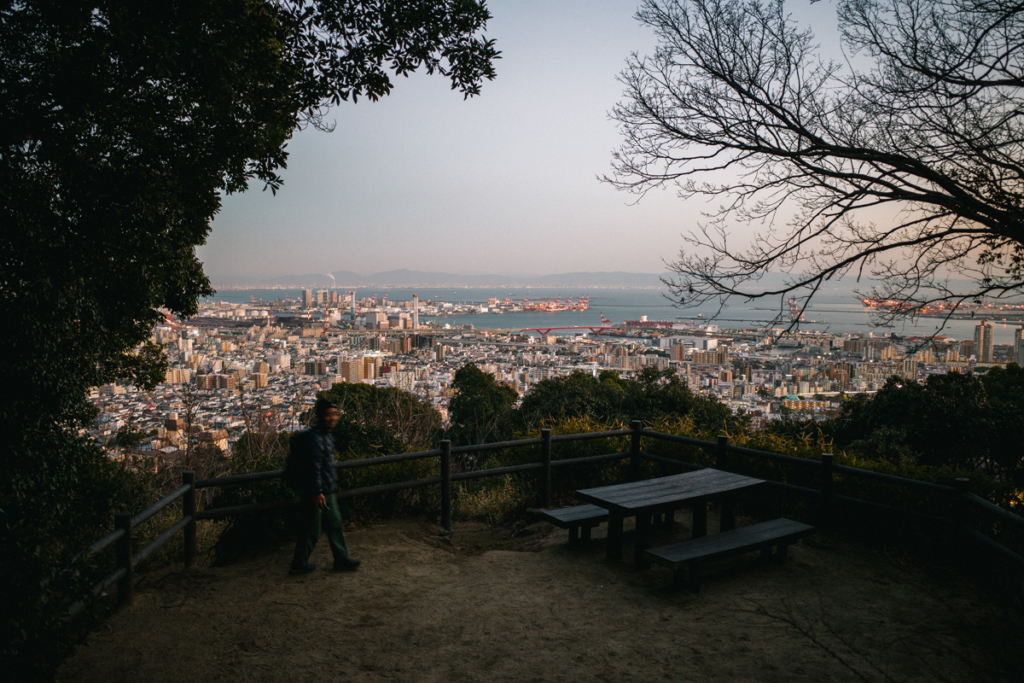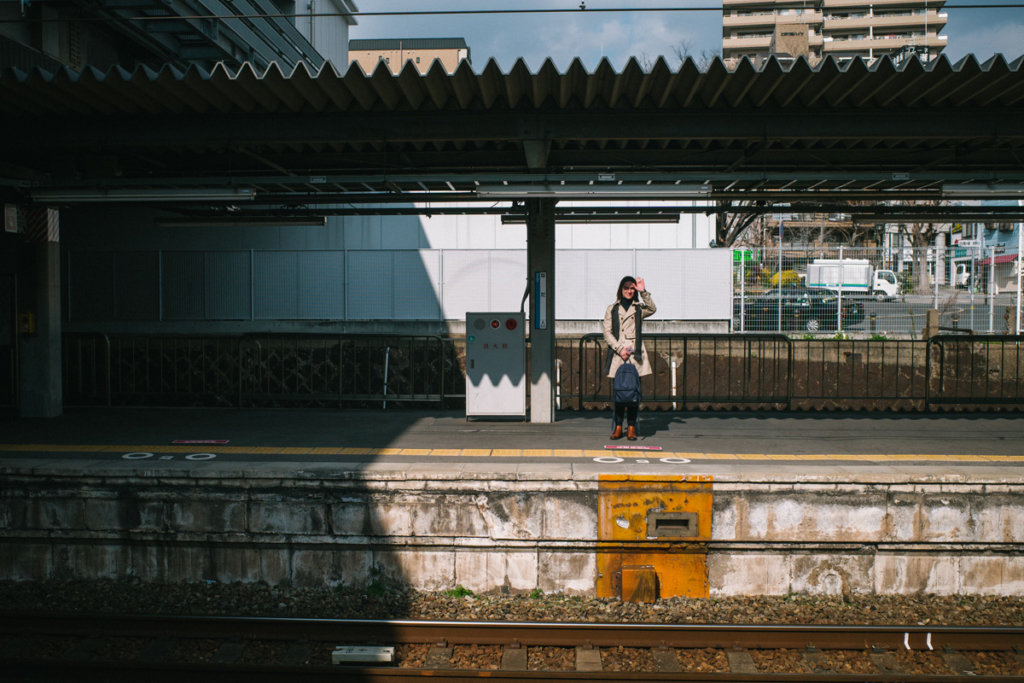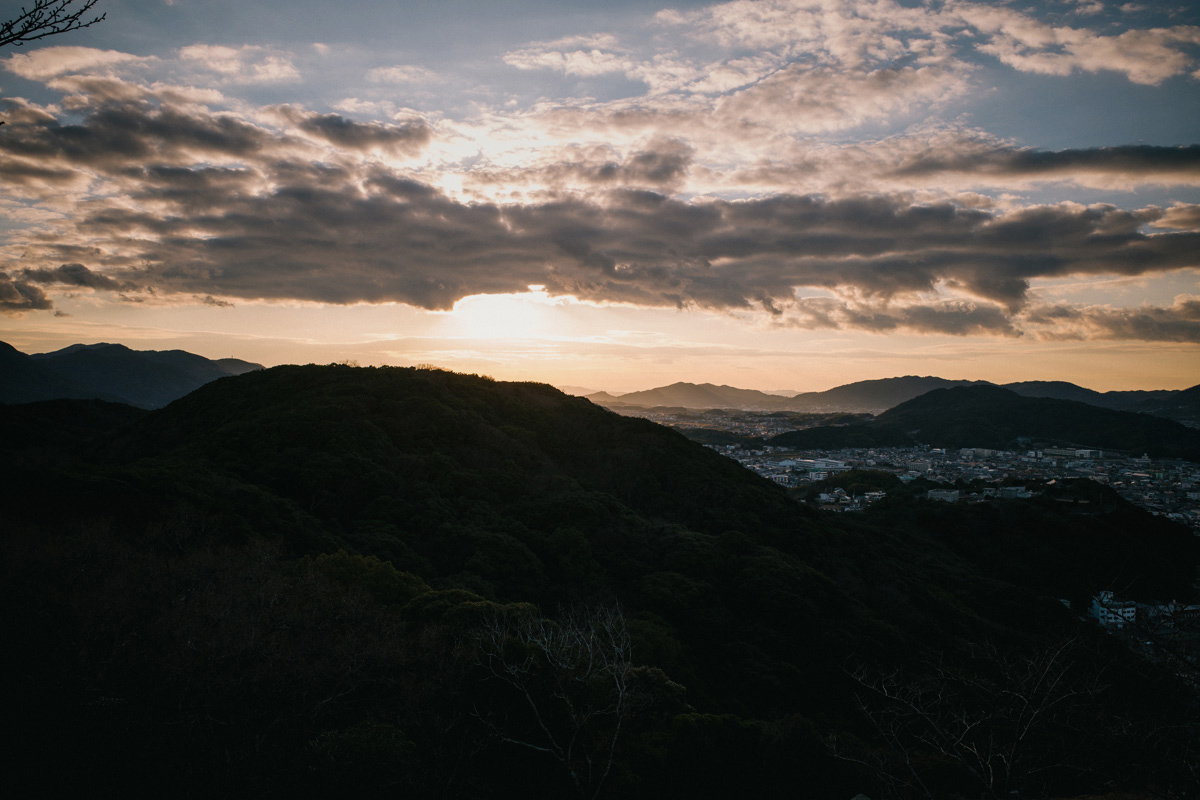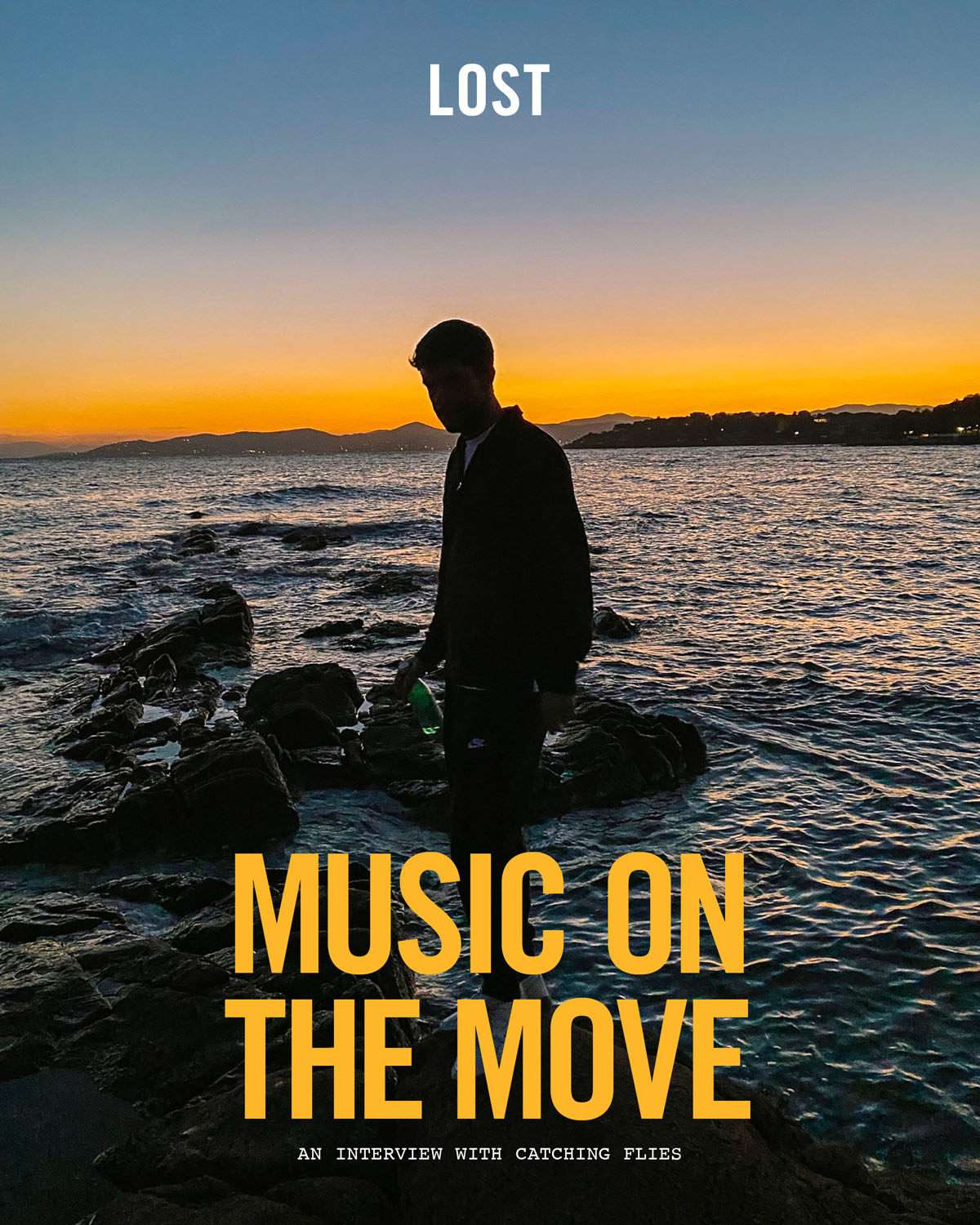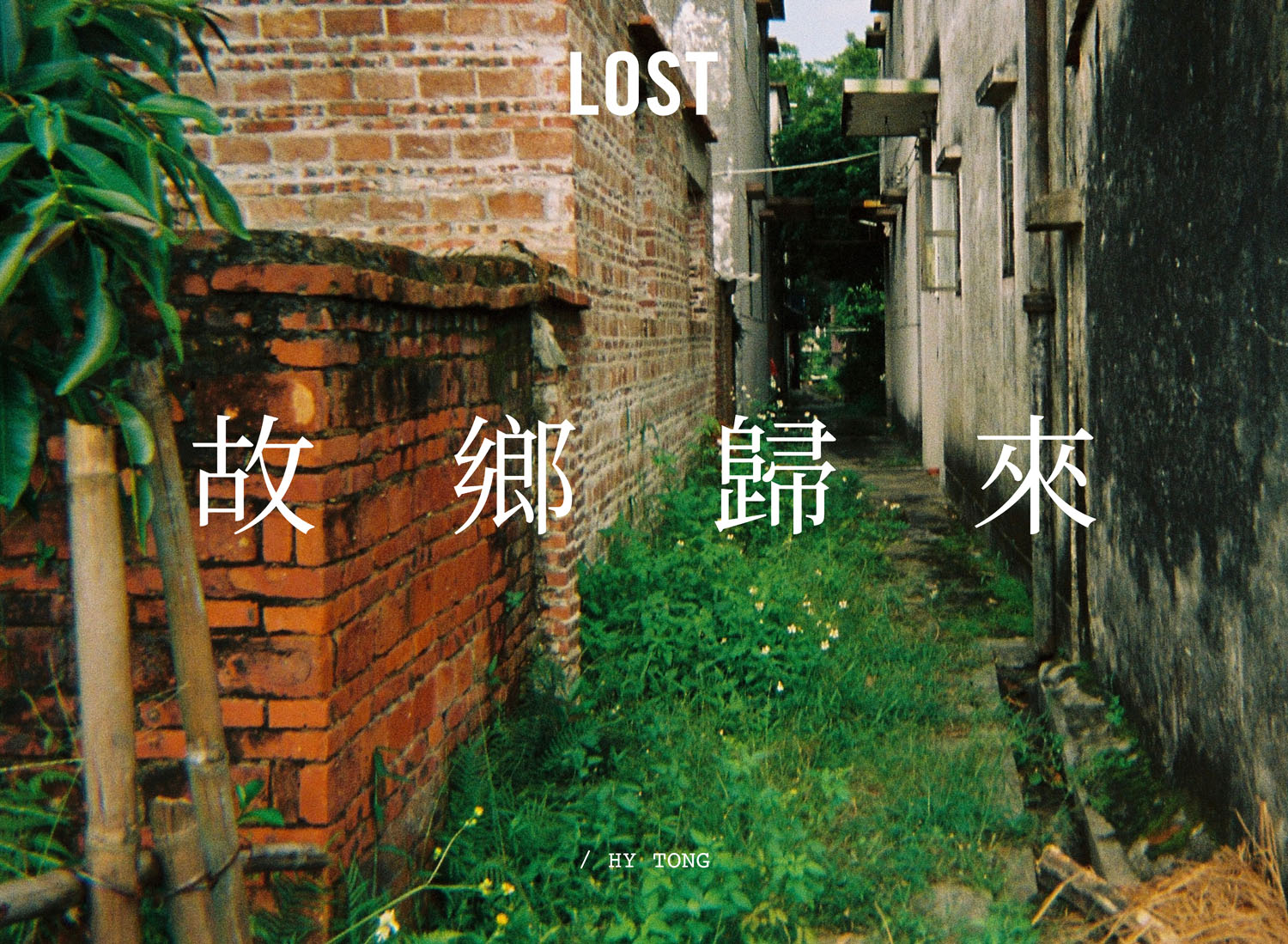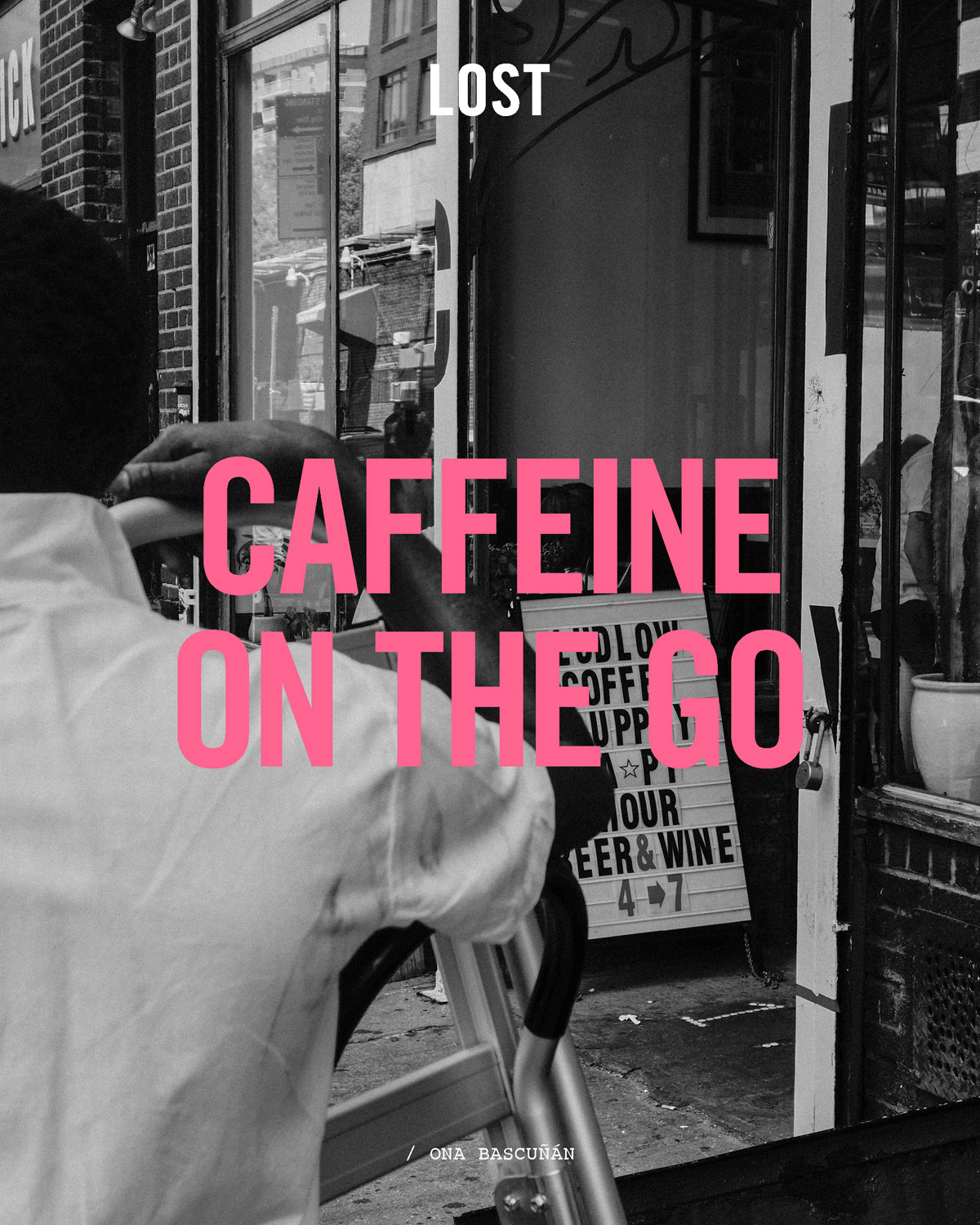BY NELSON NG
去神戶附近的淡路島騎單車這個決定,感覺好像是很久以前的事了。從上海到神戶可以乘搭郵輪,方便把自己的單車帶過去,比帶上飛機輕松很多。一直以來,我期待有一天可以把自己的單車帶到日本去騎行,而今年終於感到機會來了。
直到一切突然發生。
在我乘搭郵輪的前兩天,武漢封城的消息被宣布了。消息來得很突然。幸好郵輪沒有被取消,但出發當天我需要騎單車到碼頭,來了陣暴風雨,給人不好的預感。雖然最後還是順利騎到碼頭,但冒著大雨騎過去的路程比較艱難。到了碼頭,我能感受到乘客的不安。當時,大家應該還在接收疫情的消息,還沒來得及反應。在海上的48小時,武漢以及中國的情況越來越緊張,我通過手機一直關註著情報。旅程中有大概12個小時沒辦法收到網絡信號,但每次聯上網都會有很多文章湧進來,從文章的內容能感受到社交媒體上的恐慌情緒。不過,郵輪上的旅程相當平靜,乘客們也都比較安靜。也許,和我一樣,大家都還在消化信息。
48小時後,我們抵達了神戶。太陽猛烈,空氣清新,而神戶的老百姓只是忙碌著過日子。在美好的天氣下,我瞬間忘掉了疫情的事情。這裏感覺就像是另一個世界,一個病毒不存在的世界。 我下船後就開開心心地在三宮附近騎行,享受著神戶的藍天和漂亮的街景。我把疫情的事放在腦後,相信旅行結束回到上海時就應該沒事了。當時我進入了一個放假的心態,所以就沒讓任何負面的信息影響到自己的心情。
我選擇住在一家叫 Guesthouse Maya ( Maya 指的是神戶的摩耶山)的民宿因為它剛好離碼頭很近。這家民宿位於灘,一個我沒去過的區域。雖然離三宮駅只有兩站,但灘感覺完全不一樣。這個區域非常平靜非常當地,普滿了小店、家具店、畫廊、面包店還有一些喫茶店。附近的商店街也跟三宮很不一樣,非常當地而且到處都是老人。這個街區非常舒服和悠閑,人非常少,生活節奏也非常慢。在那裏,我感覺自己不必著急,也發現自己好像已經很久沒有這樣不擔心時間了。
在我正投入新環境的時候,第二天早上,我收到回去的郵輪被取消的消息。我需要找另外一個方法把單車帶回上海。這個消息讓我有點心煩,也導致了我之後的幾天都花在研究怎麼把單車帶上飛機。最後,我決定去探索神戶一些單車店尋找一個單車包。很巧的是,這些單車店都在神戶比較當地的區域,所以在巡店的過程中也順便探索了這些區域。這些區域其實沒什麼特別,就只是當地的居民區,在那里看到一群老人在公園下棋、小孩在遊樂園跑鬧、當地人在市場買菜。這些都不是我一般旅行會觀光的東西,但不知何故,看到這些讓我感到很舒緩。在這邊,世界還是感到很安全。
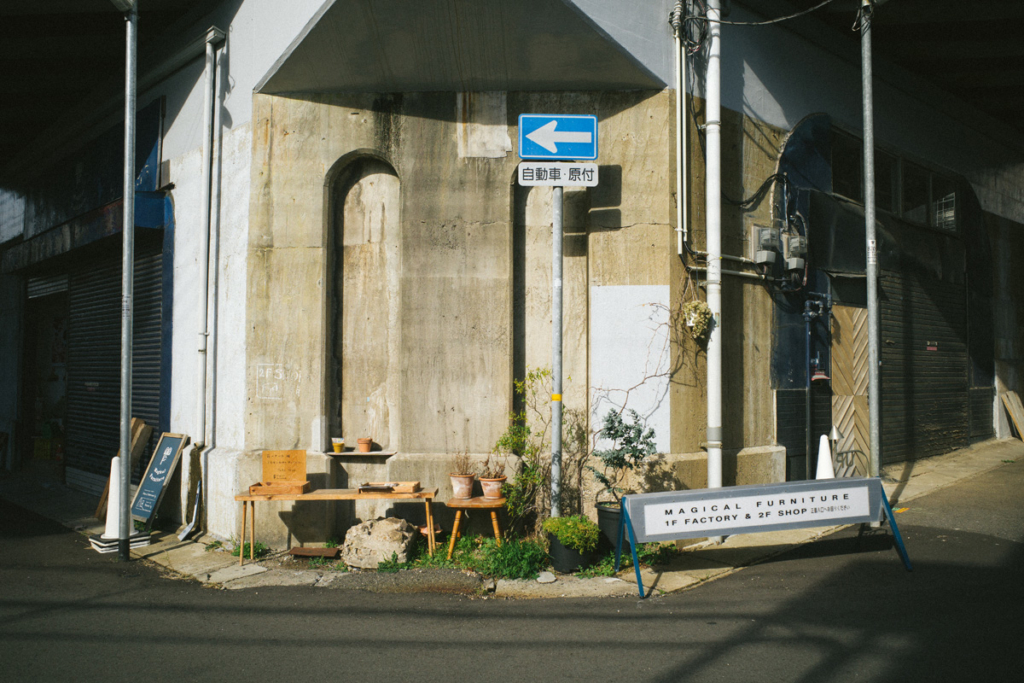
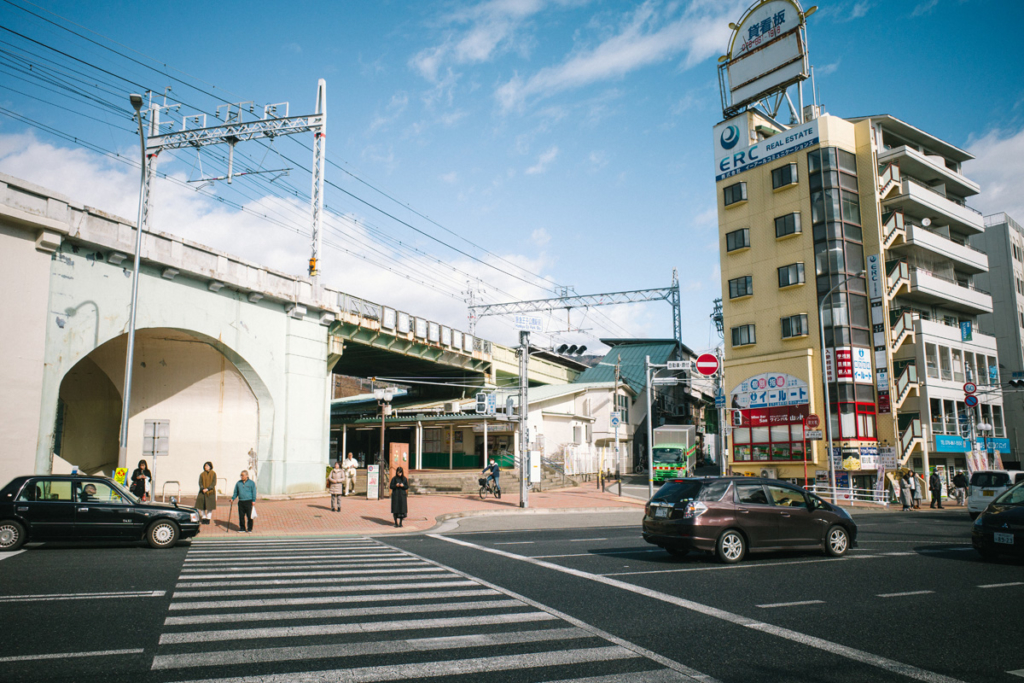
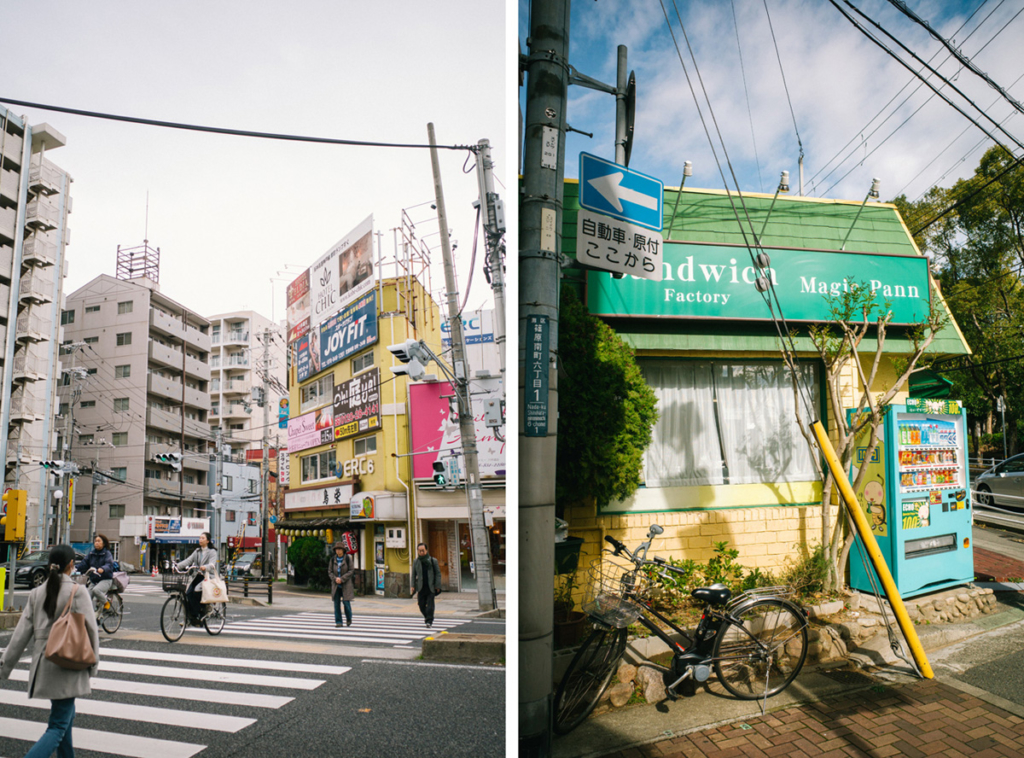
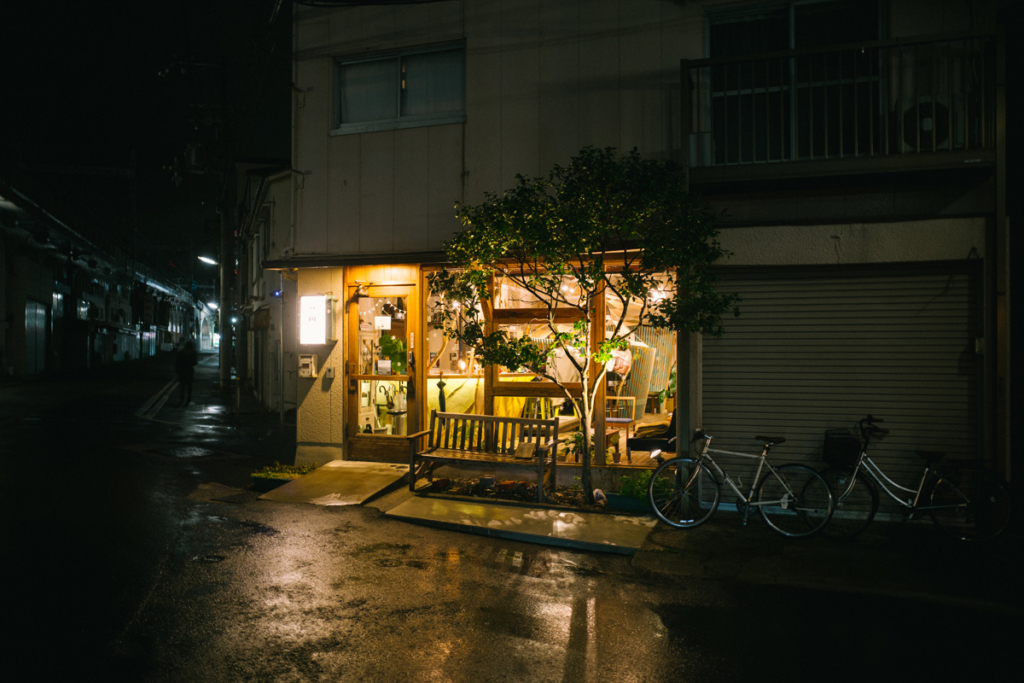
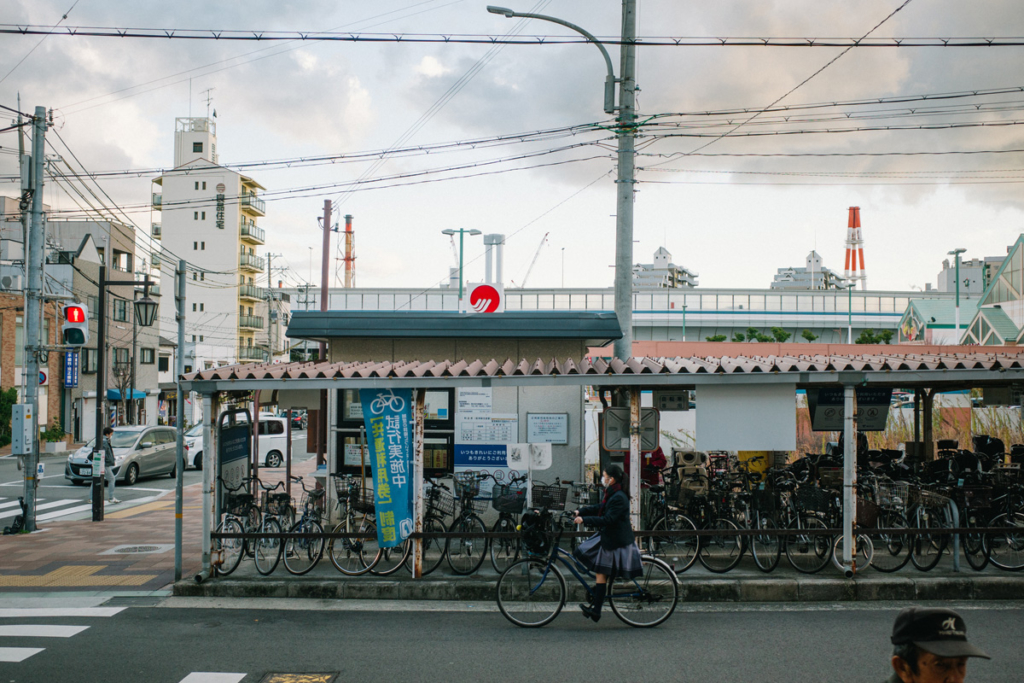
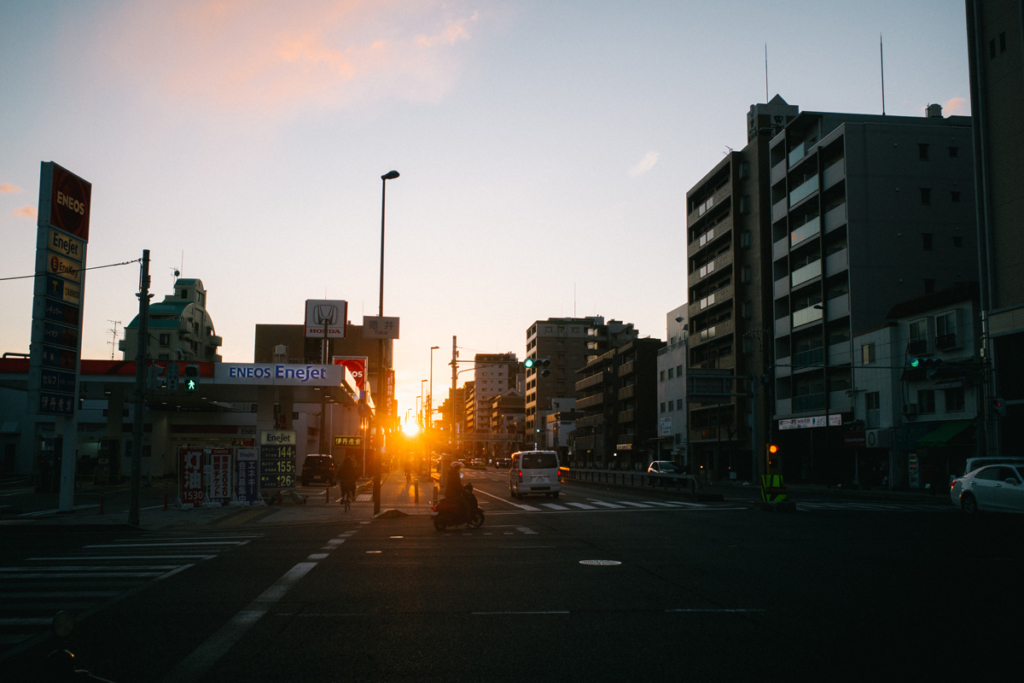
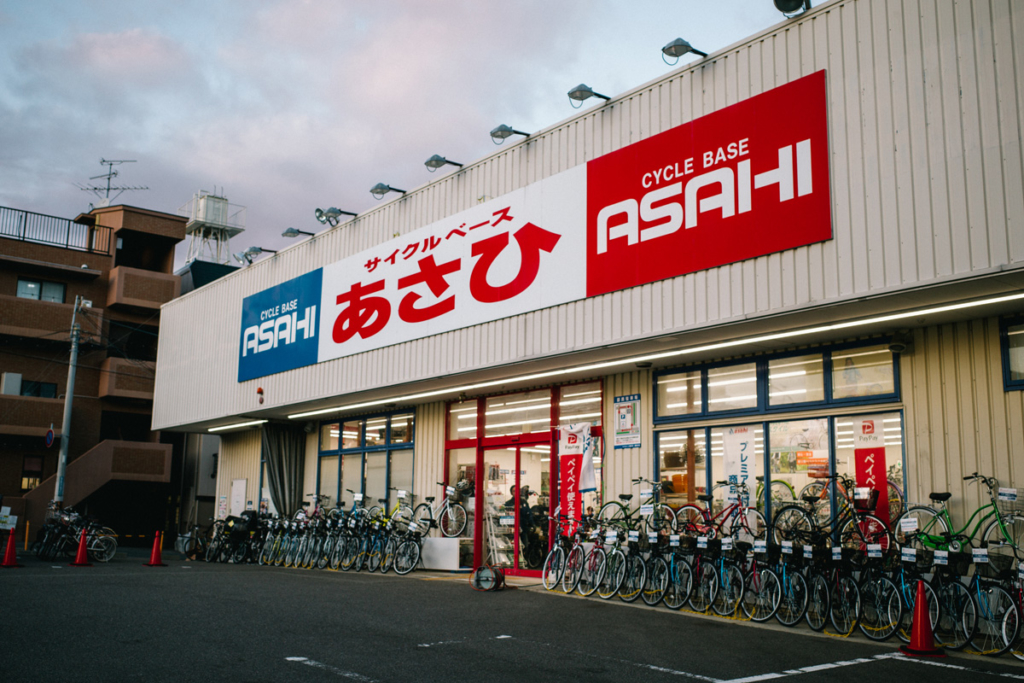
第五天,我騎行出發前往淡路島。從神戶到明石市的碼頭需要騎一段距離,坐船過江,才能到淡路島上開始騎行。淡路島大部分地區都非常安靜和空蕩,因為島上本來就沒有那麼多人。除了島上的幾個小鎮,就只有樹林和山脈。島上的風景特別美,感覺就像沒有被外面的世界影響或破壞。我一邊沿著海岸往南騎行,一邊欣賞著海洋和藍天的畫面。我雖然已經來過幾次日本,但我對這裏的風景從未感到厭倦。每當我看到這樣的風景時,就好像自己見證了奇跡——我會有一種強烈的幸福感以及對生命的深度感激,但同時,也會很羨慕日本當地人能在這種美麗的地方過日子。我一直很好奇:當地人每天面對這麼漂亮的風景會覺得自己很幸福嗎,還是很理所當然不把它當成一回事?
我在淡路島上的騎行旅程其實很平凡,沒什麼特別精彩或刺激的事情發生。基本上就是繞著島騎了四天,大概有200多公裏的路程,餓的時候就找東西吃,看到有意思的場景就拍。大部分的時間我會任意停在一些地方來欣賞風景或觀察當地人的日常生活。每天我都會盡力看到日出和日落、抓緊每一次能看到海洋的機會、慢慢的品味鄉下的食物,以及研究不同的樹木和山脈的形狀。大部分人應該會覺得這些事都很無聊,但我卻不會。
也許我比較奇怪,經常被海洋、藍天和山脈這種平凡的東西打動。
在這段時間裏,我其實也一直在跟進中國的疫情消息。我眼前看到的和線上讀到的完全就是兩個世界。在淡路島,一切都很平靜,人們也很悠閑自在;但是在線上的中國朋友們不停地分享著不能出門的困擾,感到又傷心又煩惱因為日常生活被打斷,同時也對未來感到擔心和害怕。兩個世界完全相反,但對我而言,它們同時都在發生,一個在線上一個在線下,而有時候我分辨不出哪一個才是現實。我很感激能在淡路島騎單車,但同時也很傷心中國的朋友們正在度過一個很艱難的時期。我只希望疫情時期能快點過去讓大家恢復正常的生活。
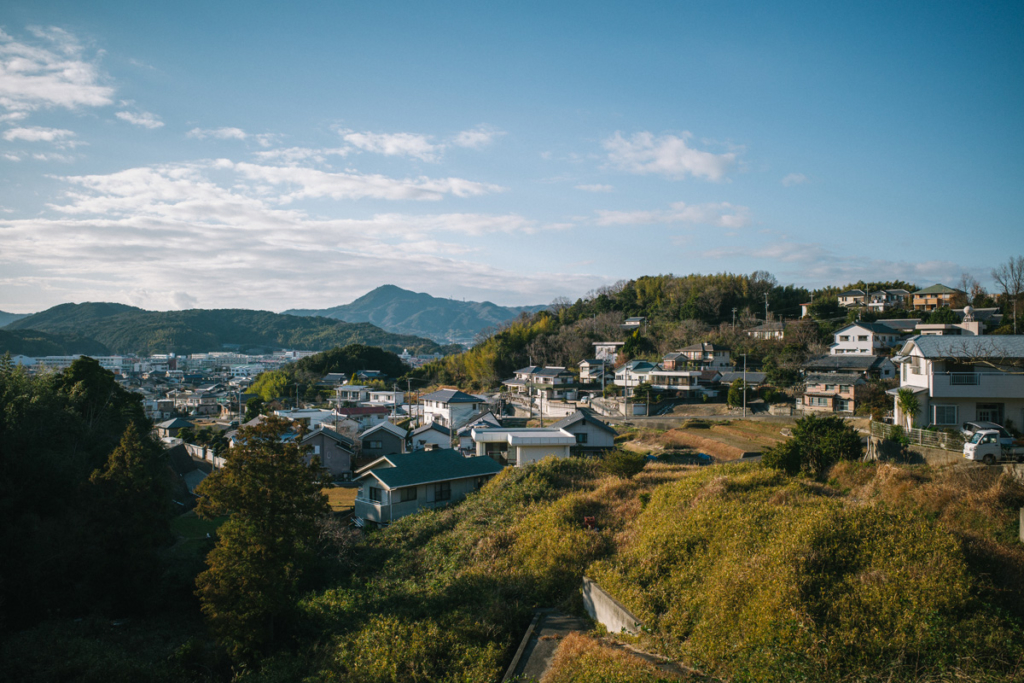
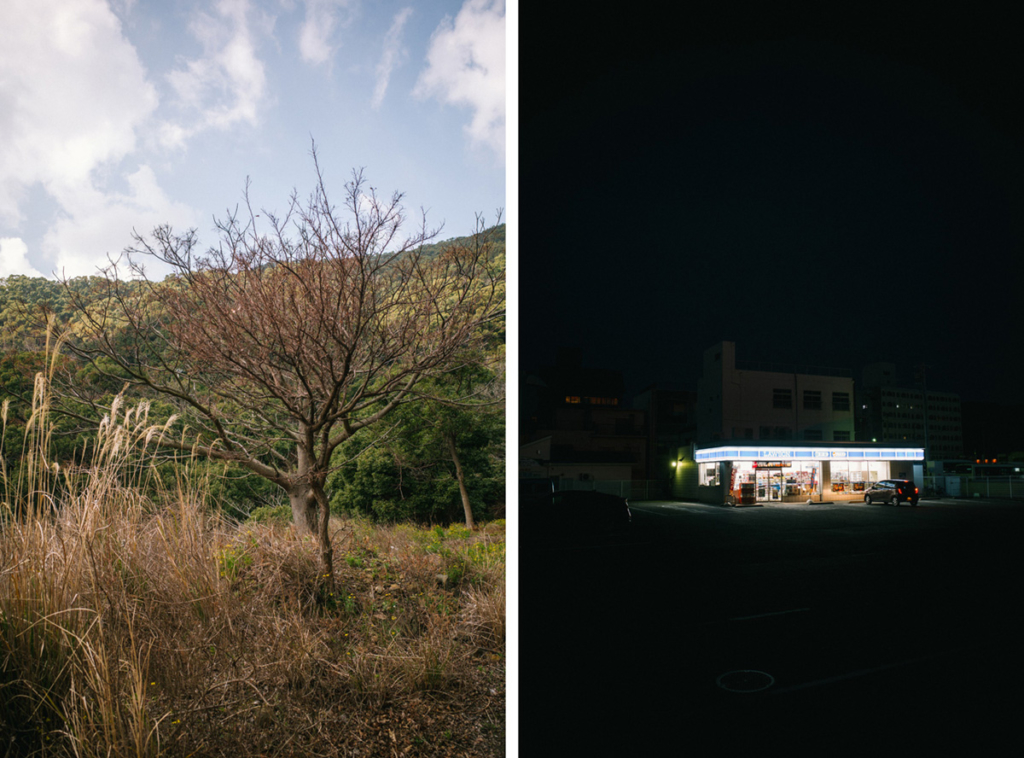
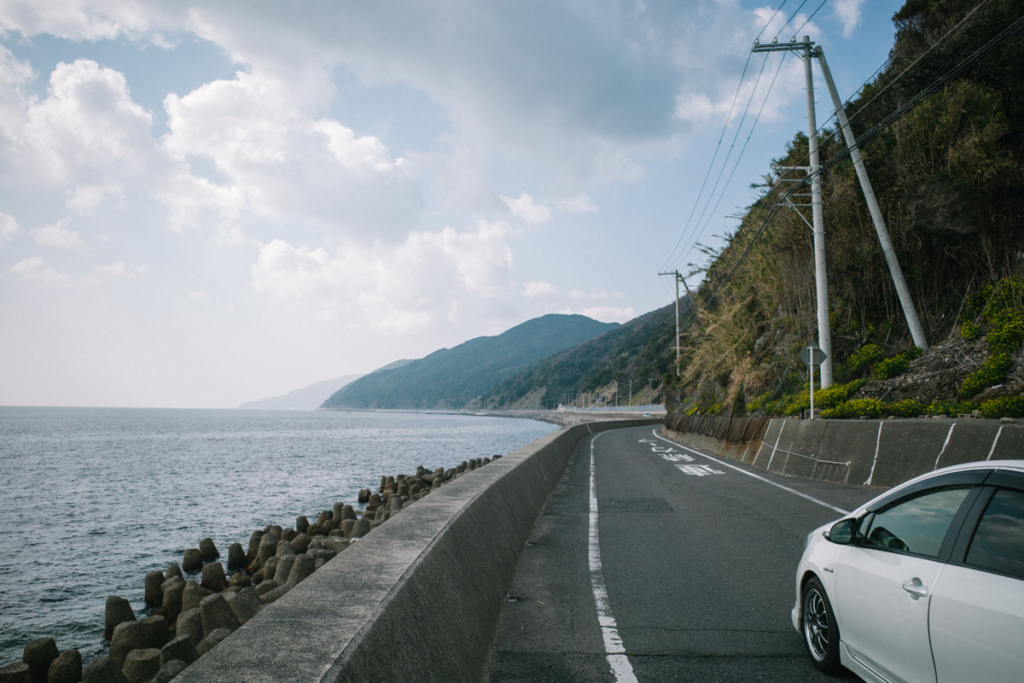
在我回到神戶之後,民宿的其中一位工作人員把我帶上摩耶山的某一個角落看夜景。站在山上看著城市的繁忙夜景,我再一次被打動。我很好奇山下的人知不知道中國正在發生的事情,知不知道他們還能過普通的日子有多幸福?在神戶的最後幾天,我遇到和接觸的人都似乎沒被我在社交媒體所讀到的新聞有影響。人們還是照常上班、約會、約朋友喝咖啡、逛街購物,小孩們仍然在到處亂跑。在那裏,一切非常正常。沒有人在恐慌。對他們來說,他們還是生活在一個安全和美麗的世界,在美麗的天空下,在舒適的海洋的懷裏。而對我而言,不知道為何,看到他們無憂無慮地過著普通的生活讓我有種超現實和奇妙的感覺。
也許普通並沒有想象中那麼平凡。
當你失去了普通的生活,連平凡的東西都看起來像奇跡。看著街道熱鬧起來、在咖啡店享受一杯咖啡、在下午的太陽下散步、在餐廳裏吃一碗面、觀看日落—— 這些我們一般認為是理所當然的日常東西突然間再沒那麼普通了。在中國,一切突然被停止和關閉,但更重要的是大家目前也沒有心情去過普通的生活。因為要過普通生活,就需要活在一個能讓你感到安全的世界裏。而當這個世界被恐慌打破,我們才發現要回歸到正常的生活有多難。就像我所欣賞的藍天、海洋和山脈,有些東西不是因為它們每天都存在或發生就代表它們不是奇跡。直到現在,當它變得遙遠的時候我們才開始意識到普通生活有多麼的可貴。
不知為何,在日本的時候,我發現自己一直望著天空,被美麗無比的天色打動,覺得自己活著真幸福。但同時,我也會想到中國的朋友們是否也看到了。
不是說,「山川異域,風月同天」嗎?
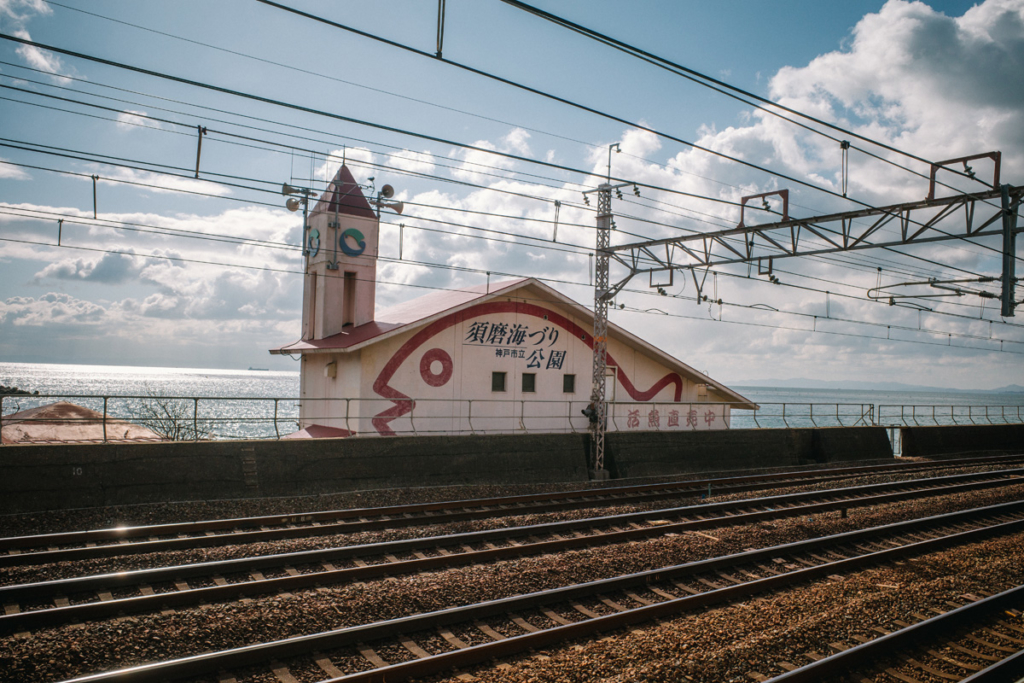
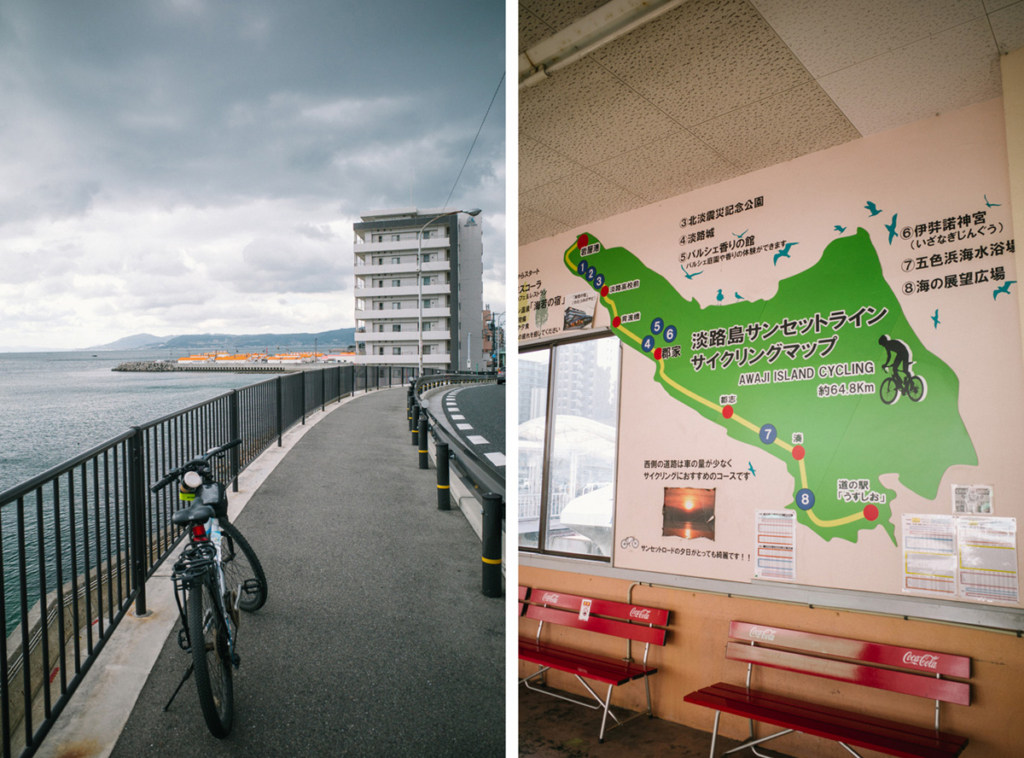
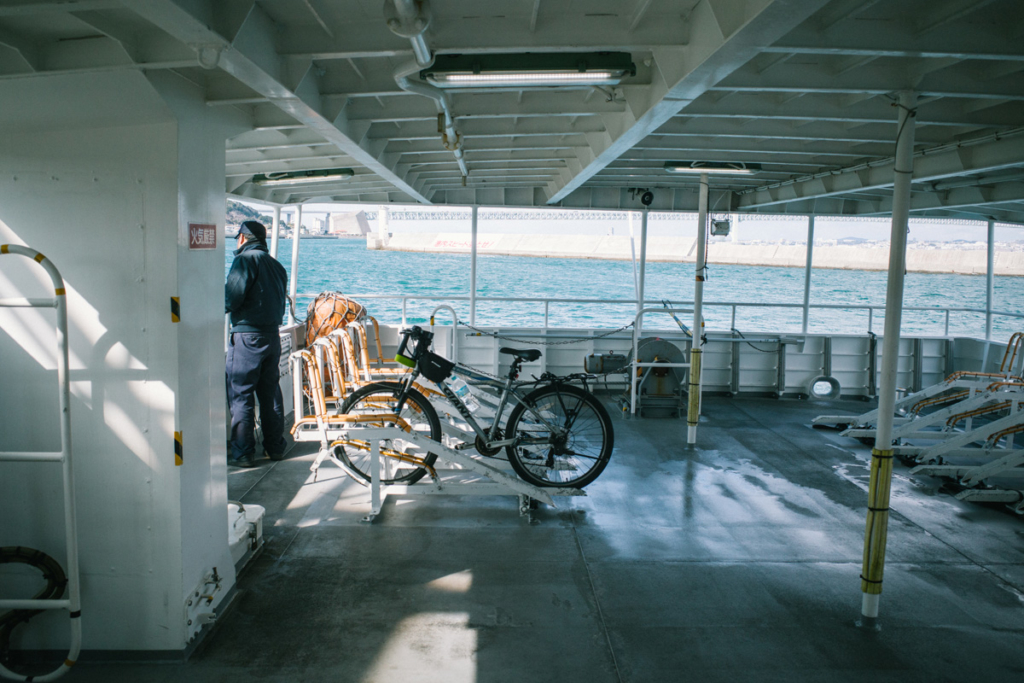
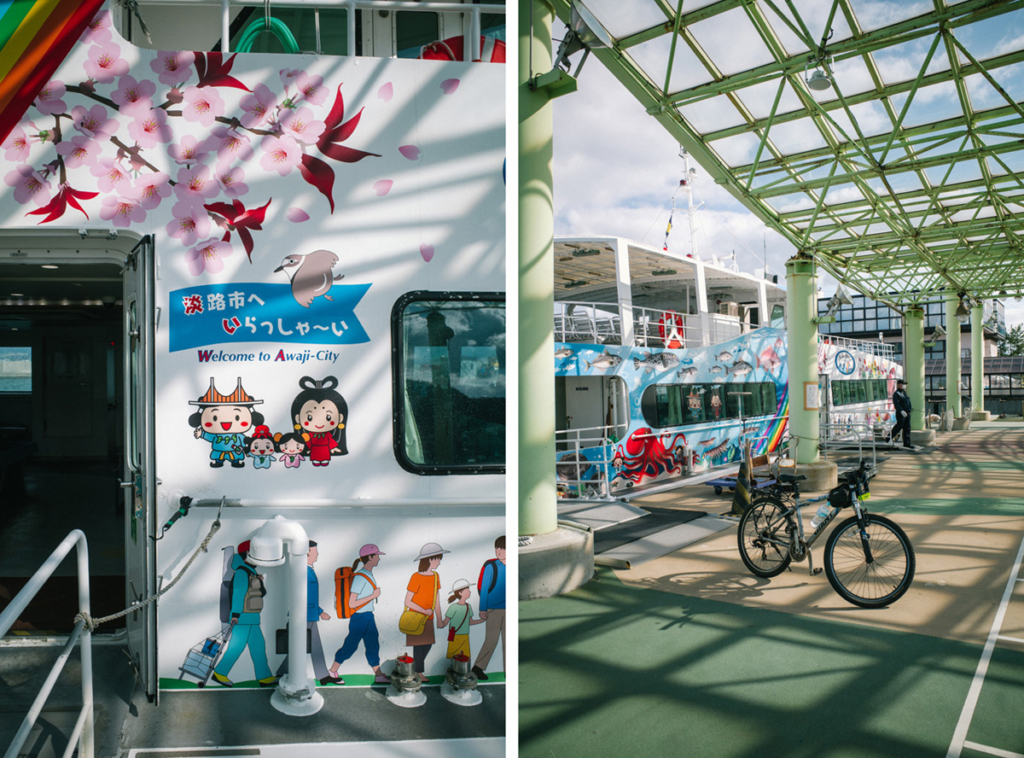
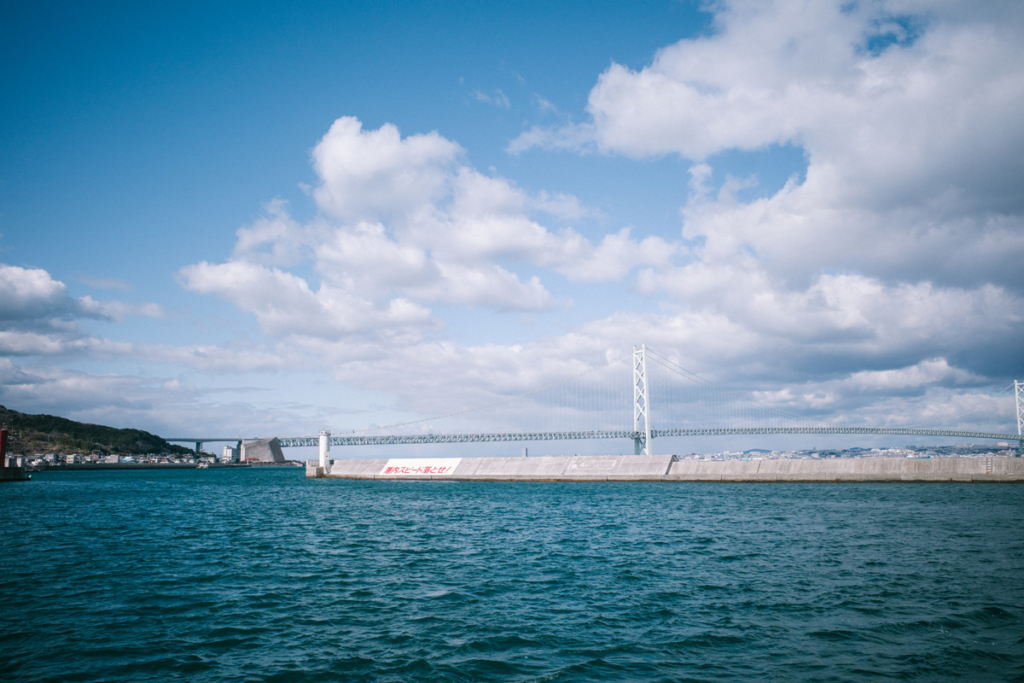
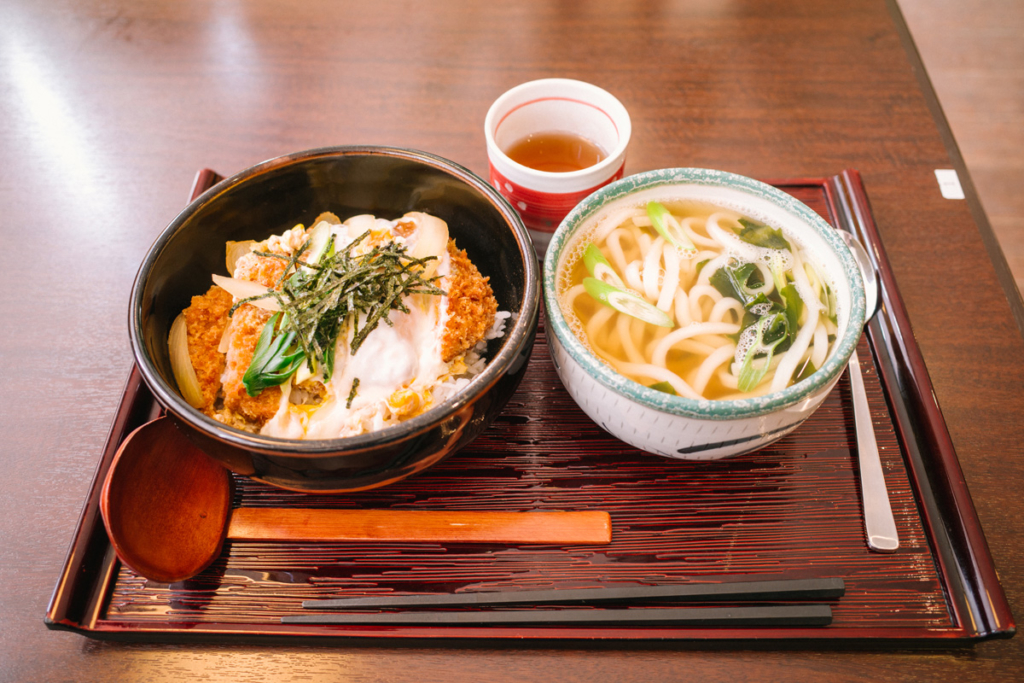
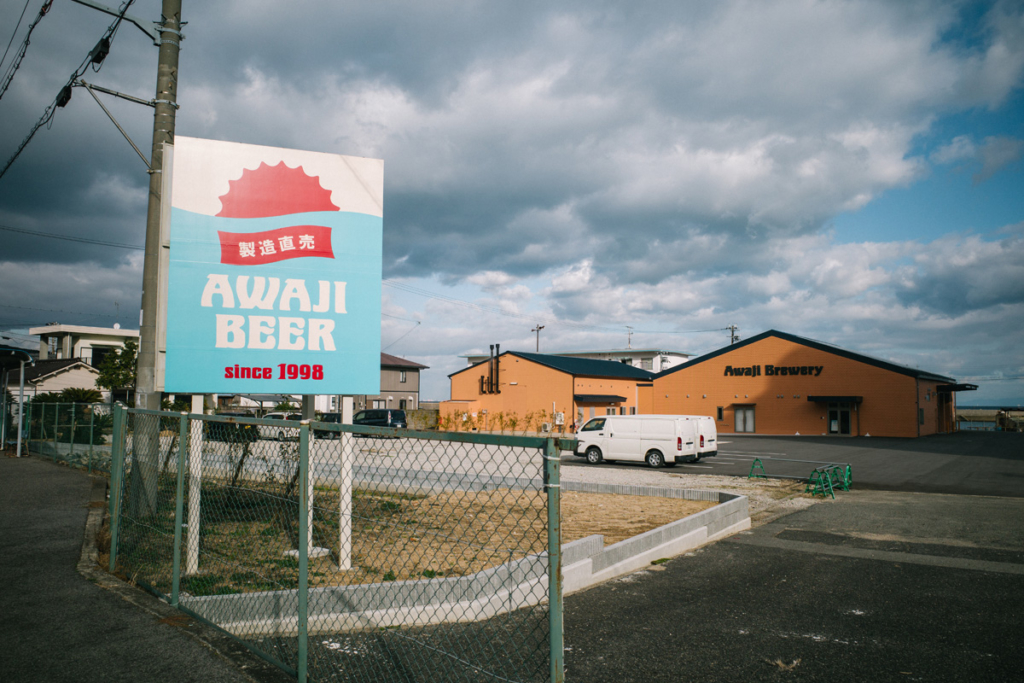
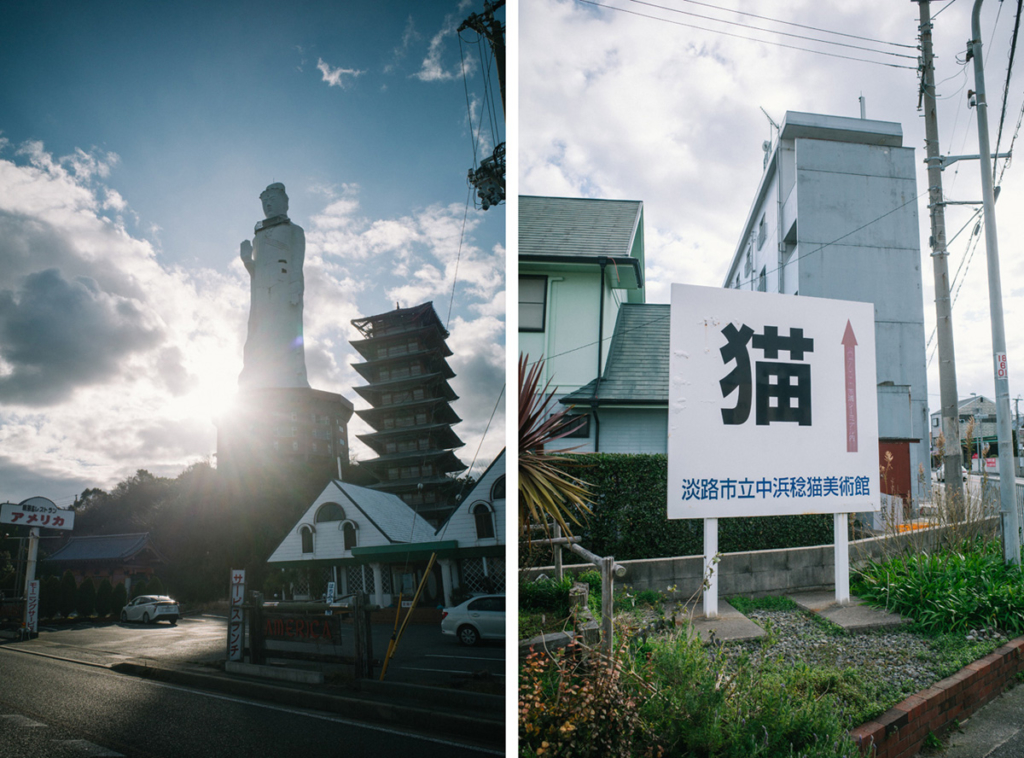
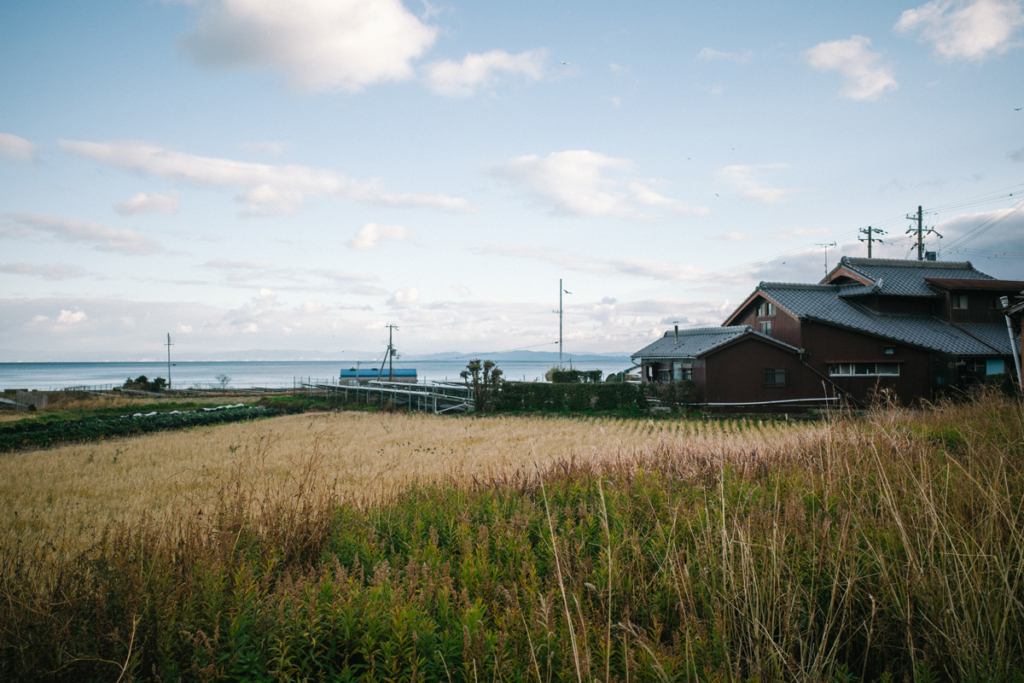
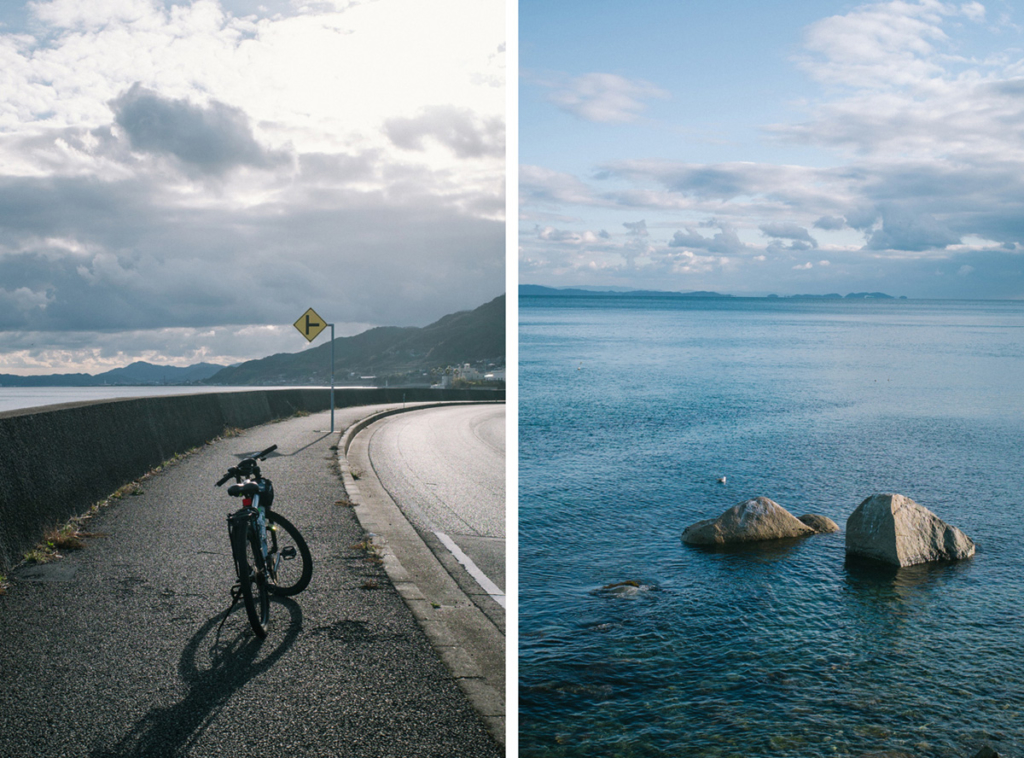
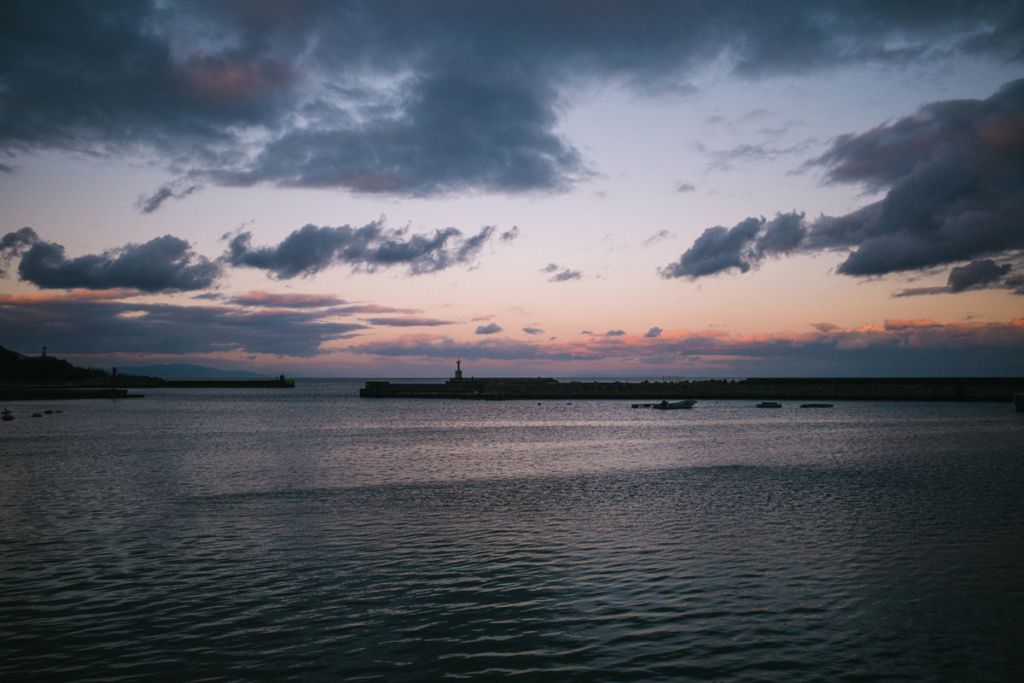
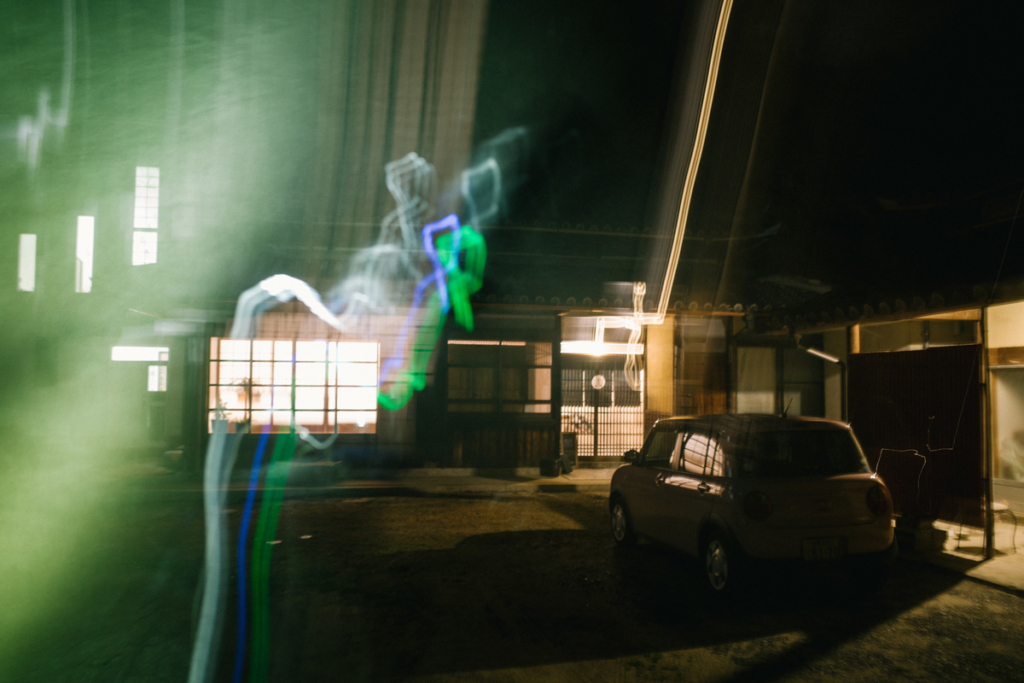
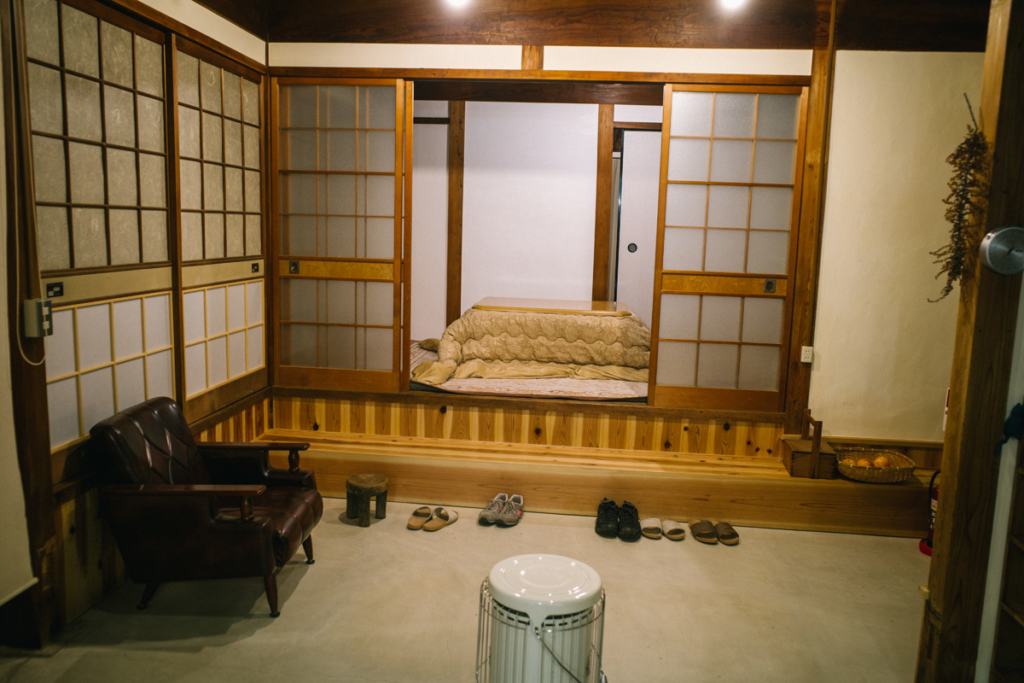
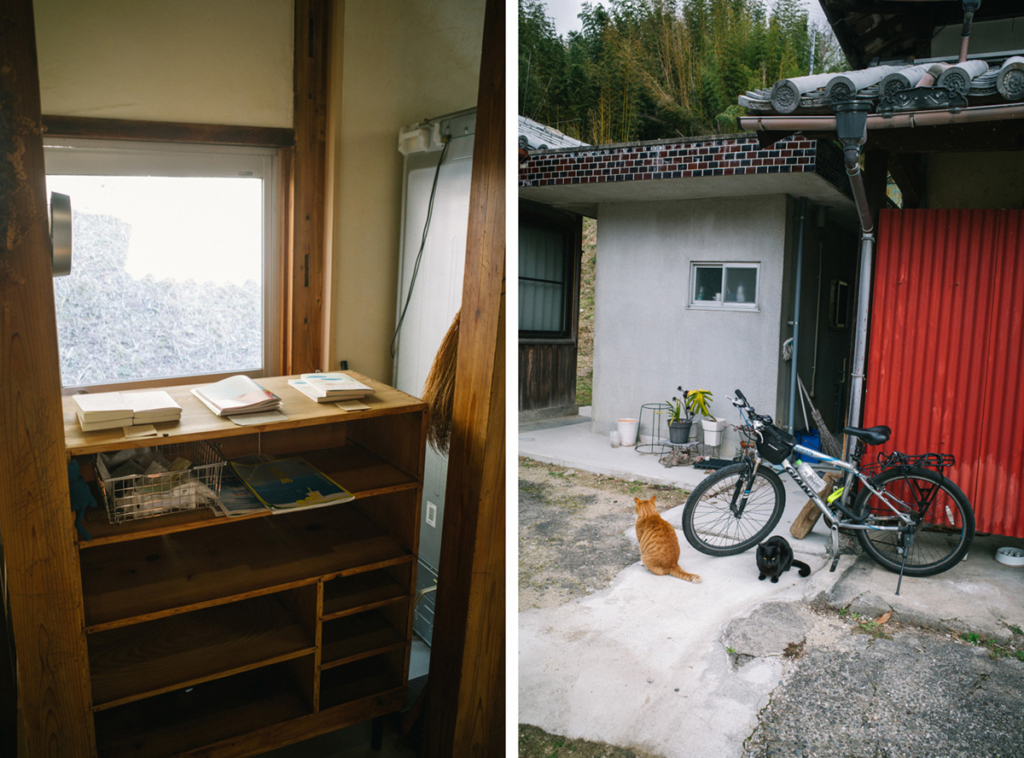
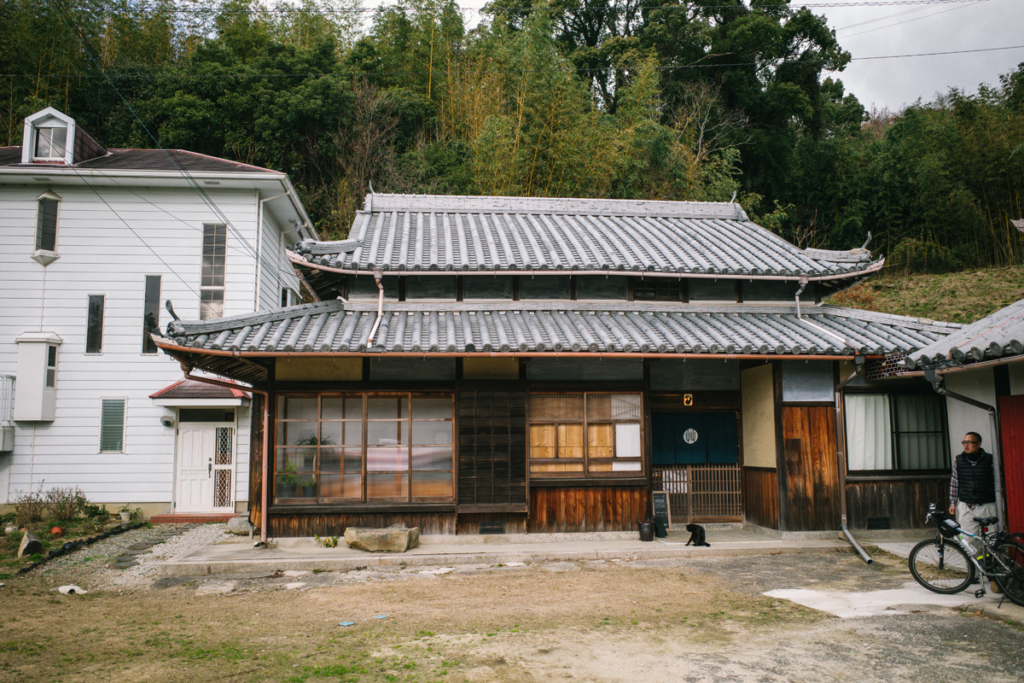
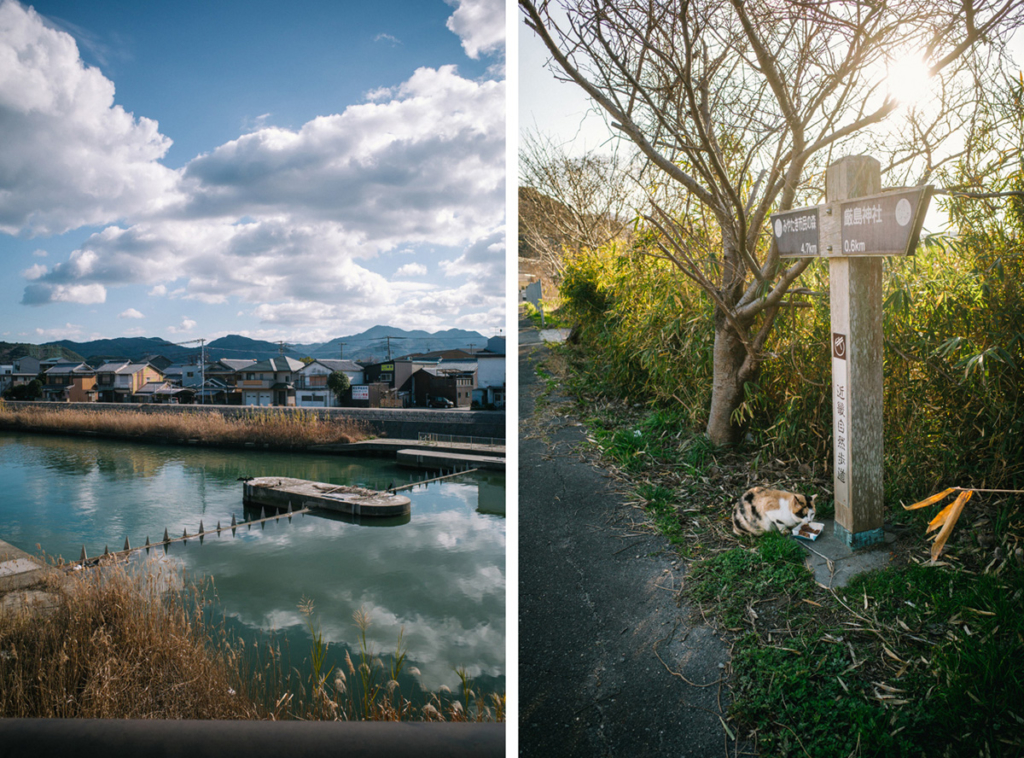
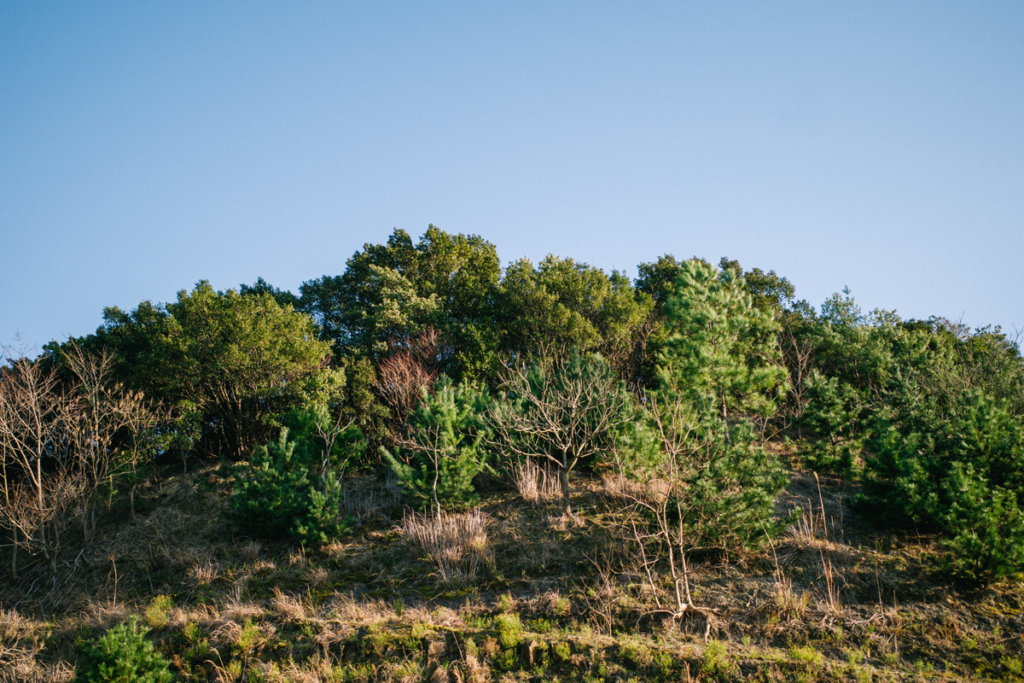
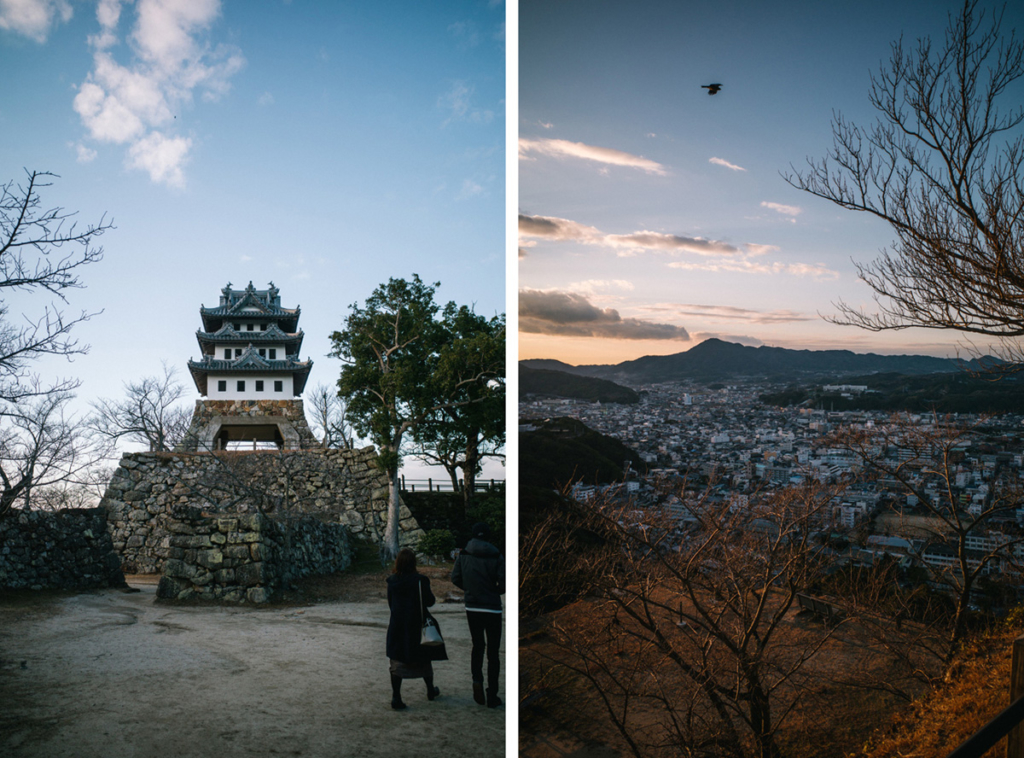
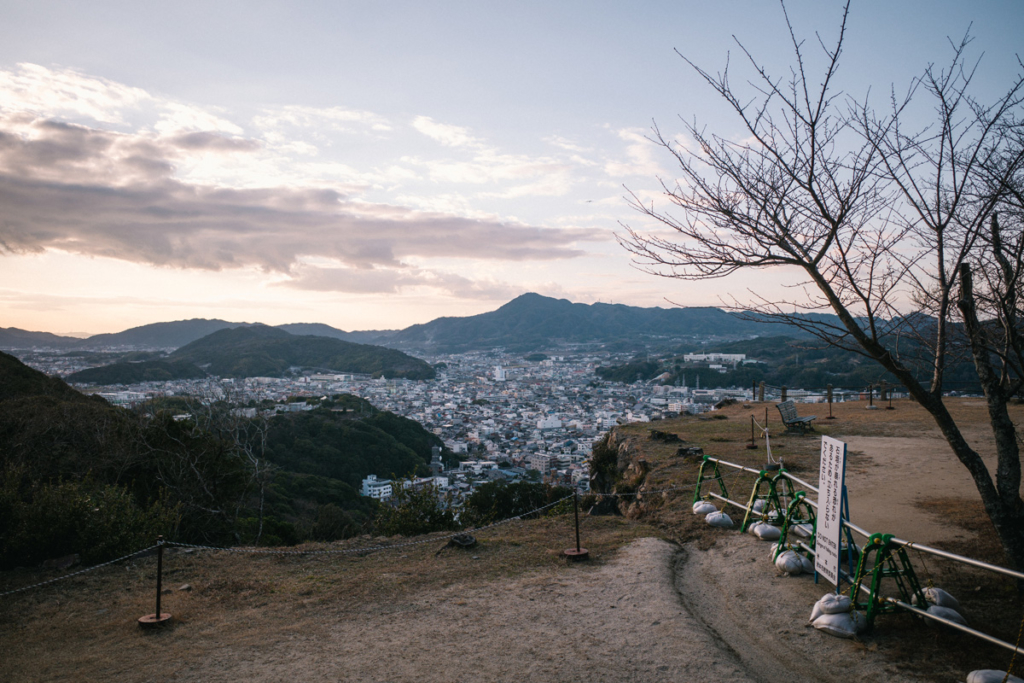
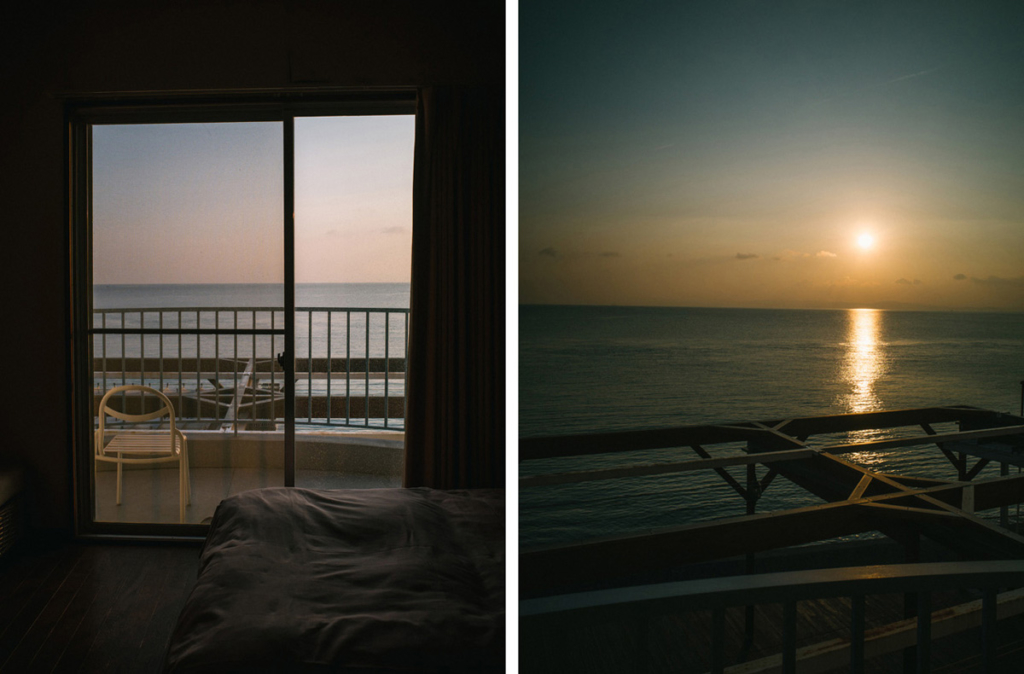
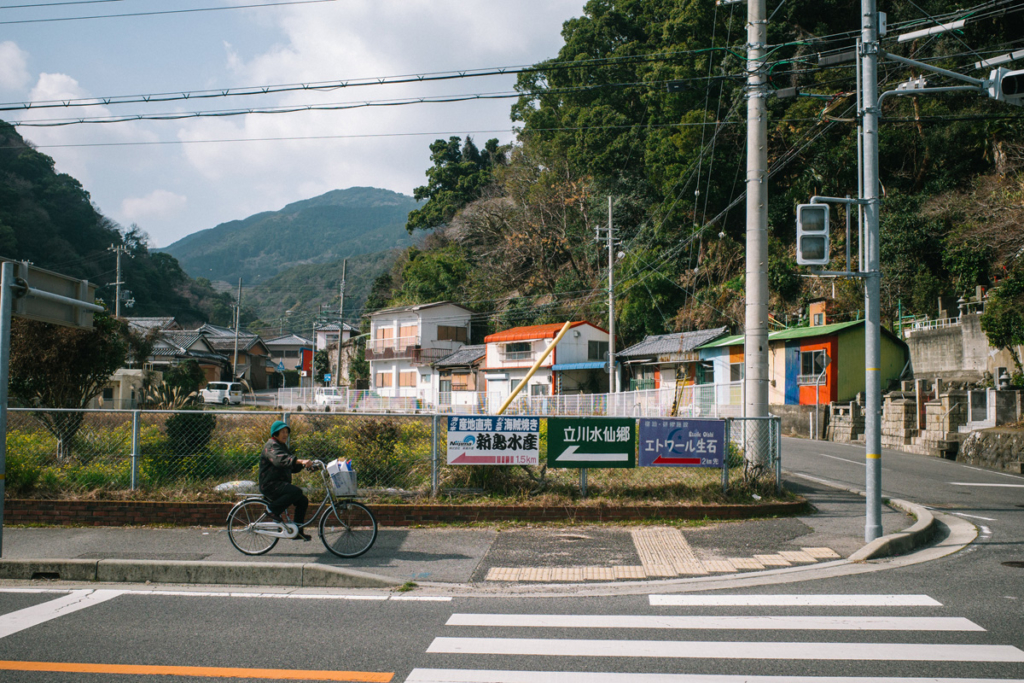
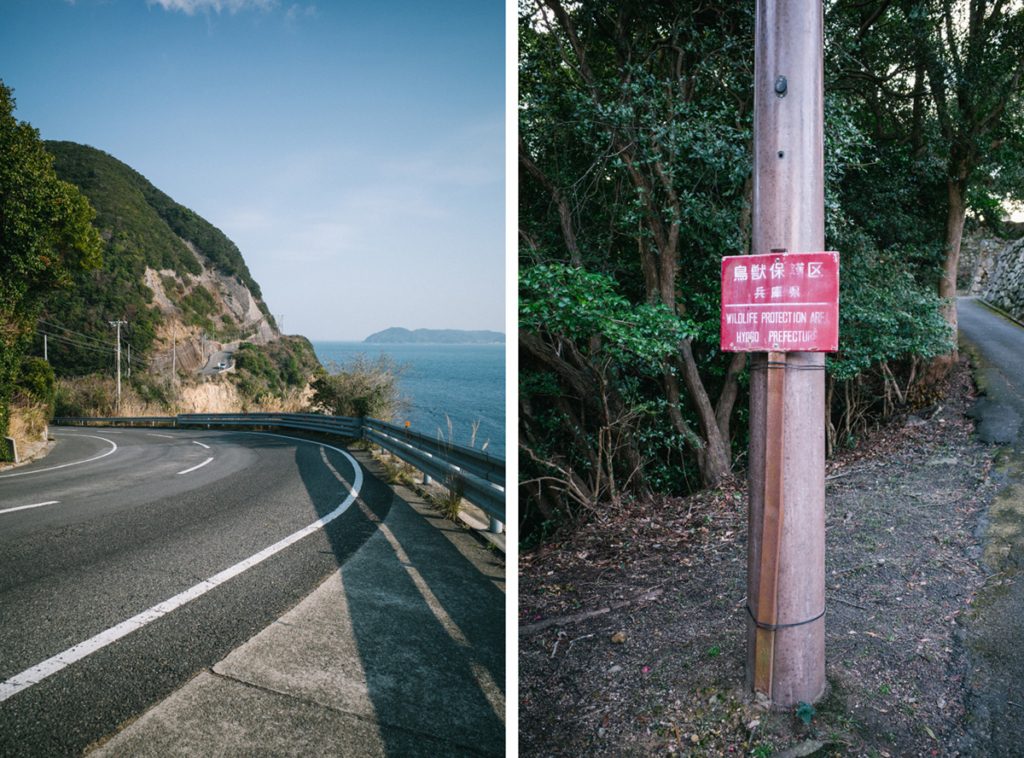
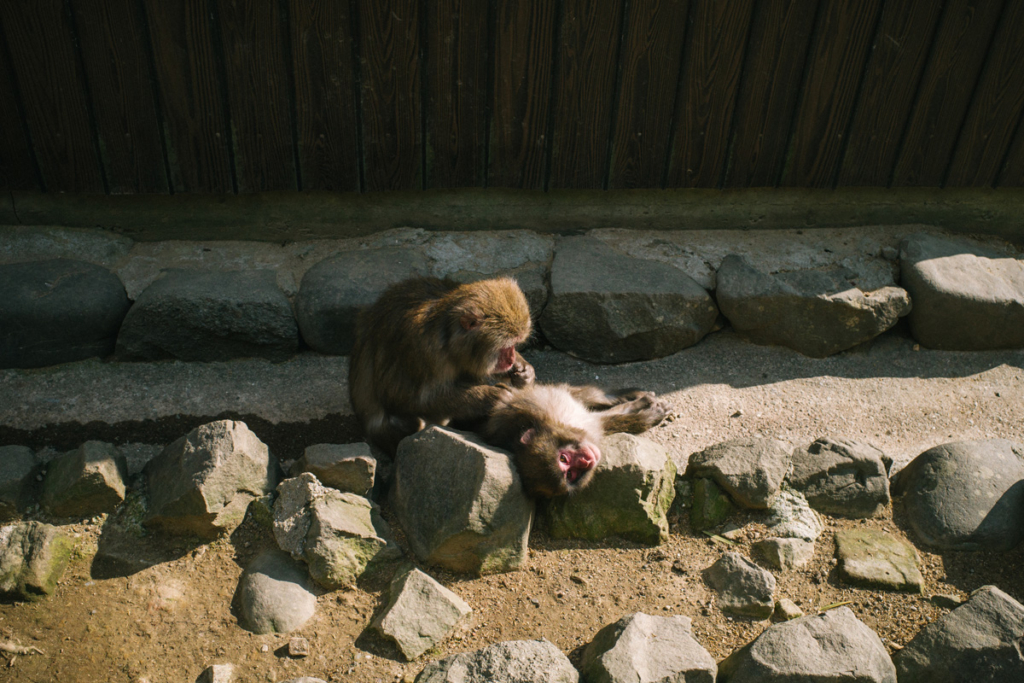
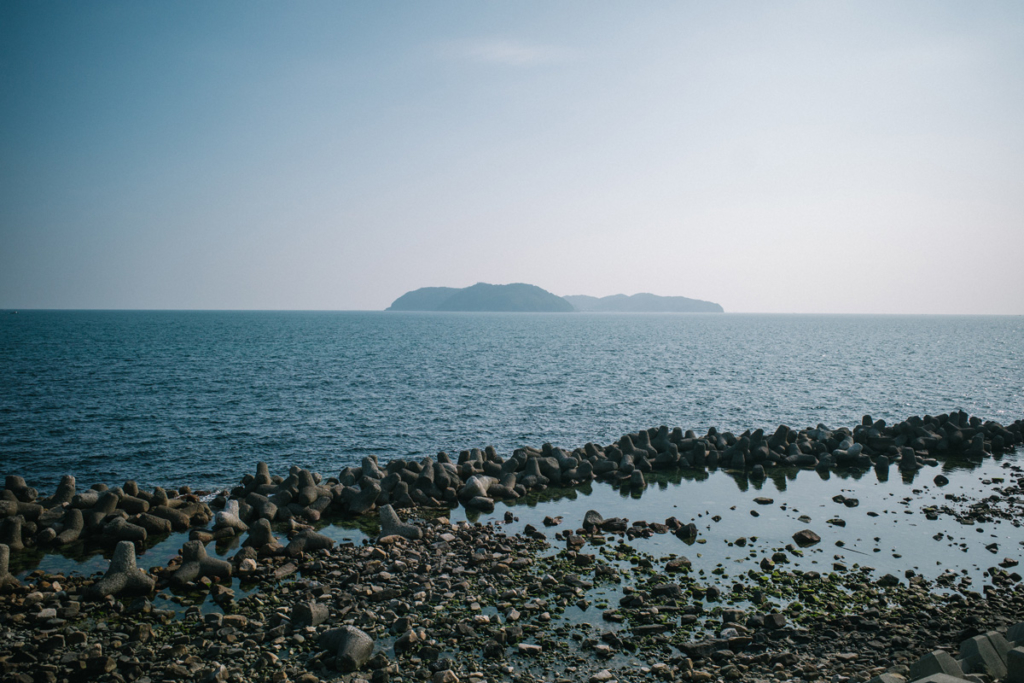
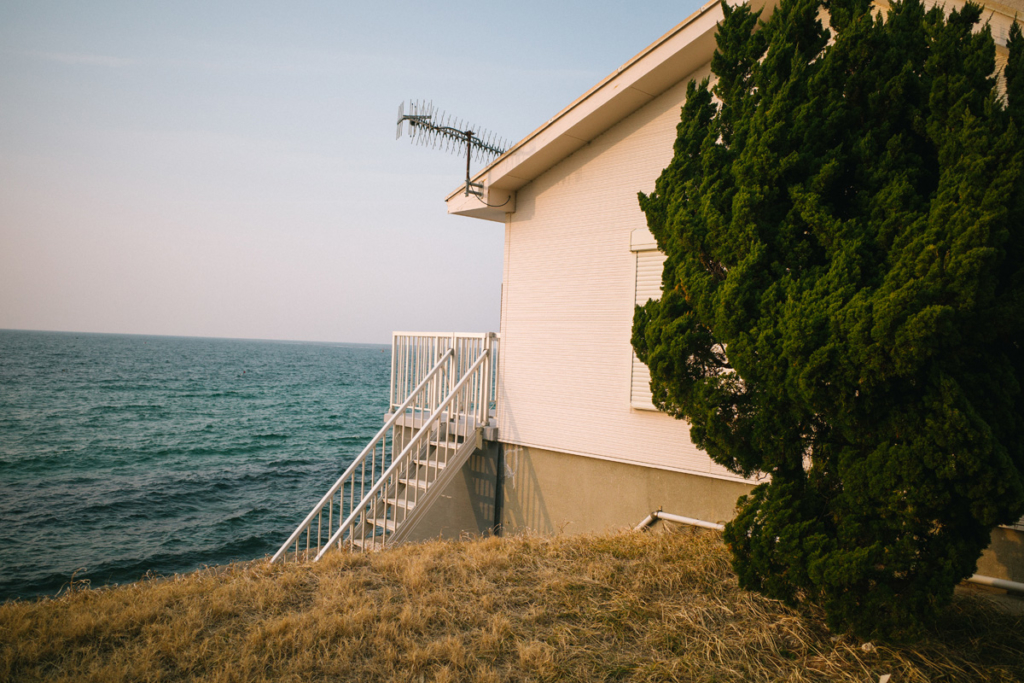
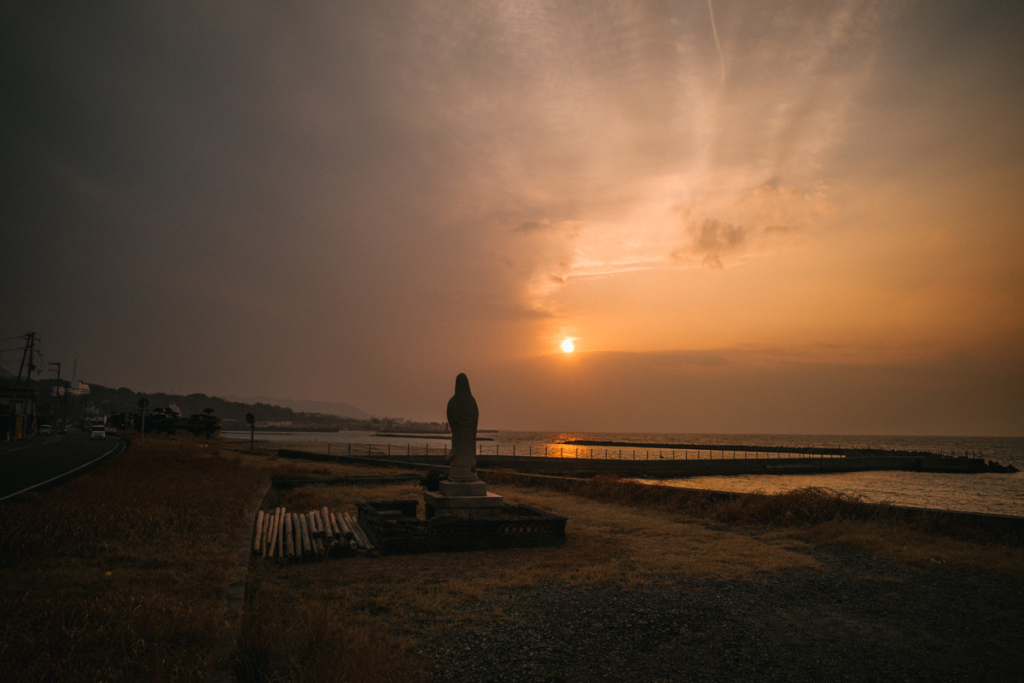
It seems so long ago when I first decided to make a trip to Kobe to cycle round the island of Awaji. Since there was a ferry from Shanghai to Kobe, it was really convenient to bring along a bicycle without having to dismantle it for a flight. I had been wanting to bring my bicycle to Japan for a long time, and it finally felt like the right time to do it.
Until suddenly, out of nowhere, everything happened.
Two days before I was supposed to board the ferry, the Wuhan lockdown was announced. The news came really suddenly and abruptly. Fortunately, the ferry to Kobe wasn’t cancelled, but on the day I had to cycle to the ferry terminal, the sky was dark and there was a storm. It didn’t give a good feeling, and it took me a bit of effort to cycle against the weather. At the ferry terminal, I could begin to sense the unease from the passengers. At that time, I think everyone was still only beginning to react to the news, and didn’t quite know what to make of it yet. During the 48 hours at sea, the situation in Wuhan and China escalated, which I continued to follow via the internet on my mobile phone even though I was out in the open sea. There was a brief 12 hour-window where I couldn’t get any internet, but whenever I was connected, the articles would pour in, and I could sense the panic and distress being shared on social media. The ferry ride, however, was rather peaceful and people were fairly quiet. Perhaps, like myself, everyone was just digesting the news.
48 hours later, we arrived in Kobe. The sun was shining brightly, the air felt clean, and people were just getting on with their lives. The weather was beautiful, and for a brief moment, I forgot about the coronavirus. It felt like a different world, a world where there the virus didn’t exist. Upon arrival, I cycled happily around Sannomiya, enjoying the blue skies and pretty streets of Kobe. I put the coronavirus matter behind me, believing it will be over by the time I returned to Shanghai after my trip. I was in a holiday mood, and so I tried not to let anything negative affect me.
I chose to stay at a place called Guesthouse Maya (named after Mount Maya) in an area called Nada because it was near the Kobe Ferry Terminal. I didn’t know anything about the area, so going there for the first time was quite a surprise. Even though it was only two stops away from Sannomiya by JR train, Nada felt like a completely different place. It was a very quiet and local neighbourhood, mostly filled with small shops, furniture shops, galleries, bakeries and traditional cafes.The local shopping street nearby was also quite different from Sannomiya. It was super local and there were a lot of old people hanging out, which was really nice. It was a very comfortable and pleasant neighbourhood—it wasn’t crowded at all, and the pace of life was really slow. Being there, I could take my time to do things, which made me realise that I haven’t taken my time in a long time.
Just as I was getting immersed into my new surroundings, on the second day, I learned that my return ferry was cancelled, and had to find another way to bring my bicycle back. The news made me a little unsettled, and for the next few days, I began researching and finding ways to pack my bicycle onto a plane. I decided to check out several bicycle shops in Kobe to find a bicycle bag. Coincidentally, these bicycle shops were located in really local areas around Kobe, and in the process of looking for them I explored these areas as well. They weren’t anything special, just local residential areas where I saw old people playing chess in parks, children running around in playgrounds, and local residents buying groceries at the markets. It wasn’t the usual stuff I’d be checking out on a trip, but somehow, it was soothing to see all this. Over here, the world still felt safe.
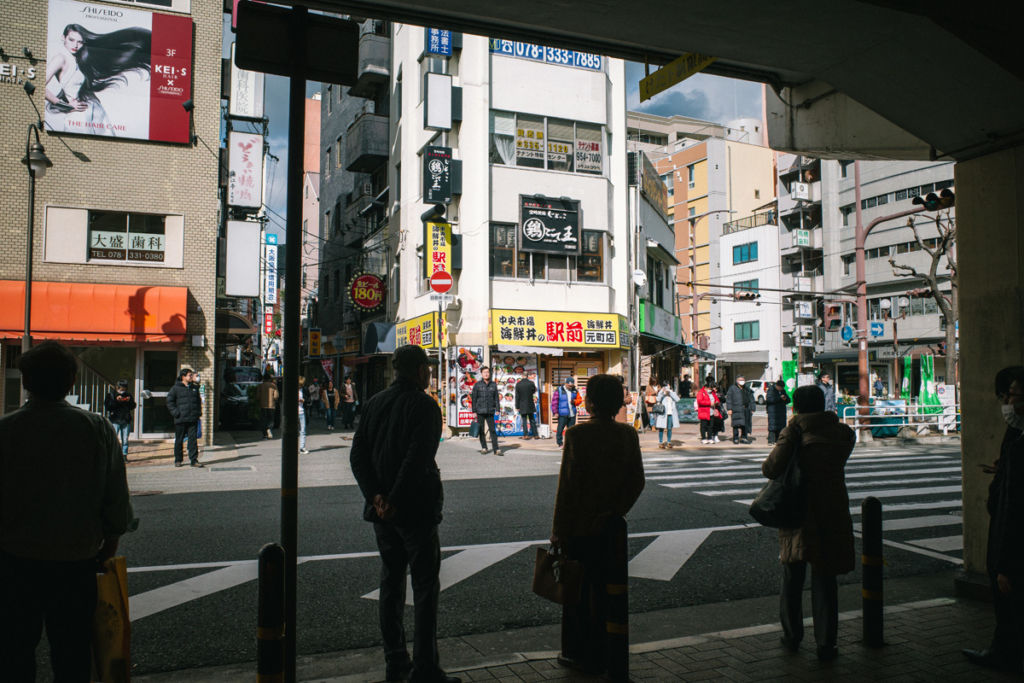
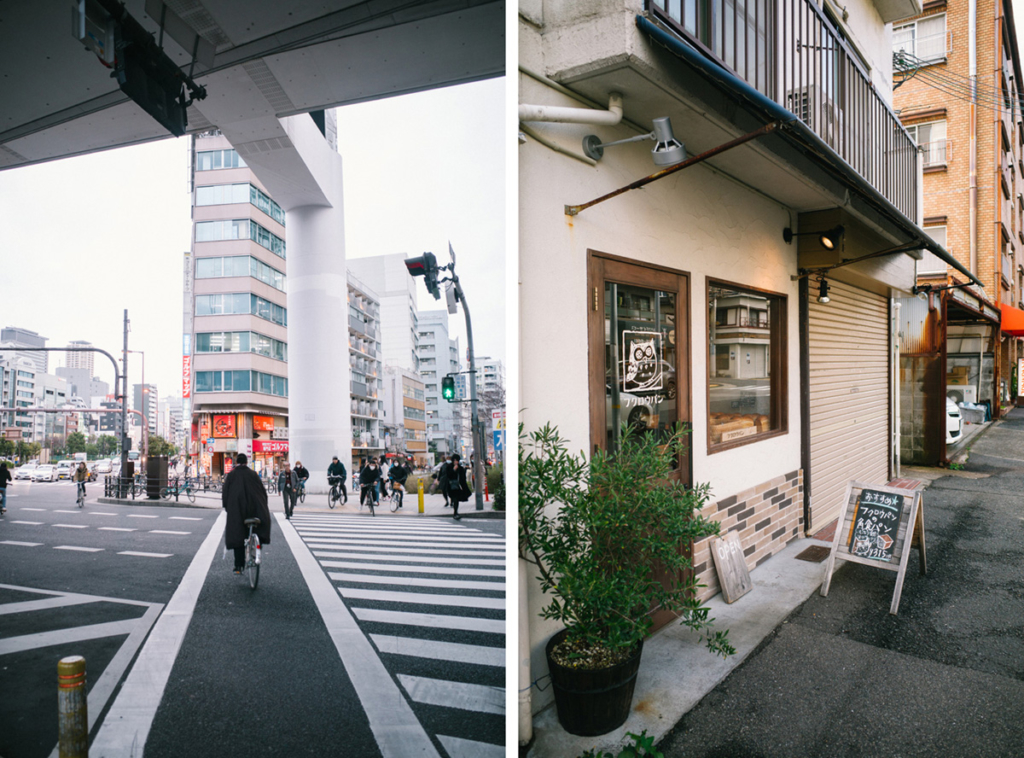
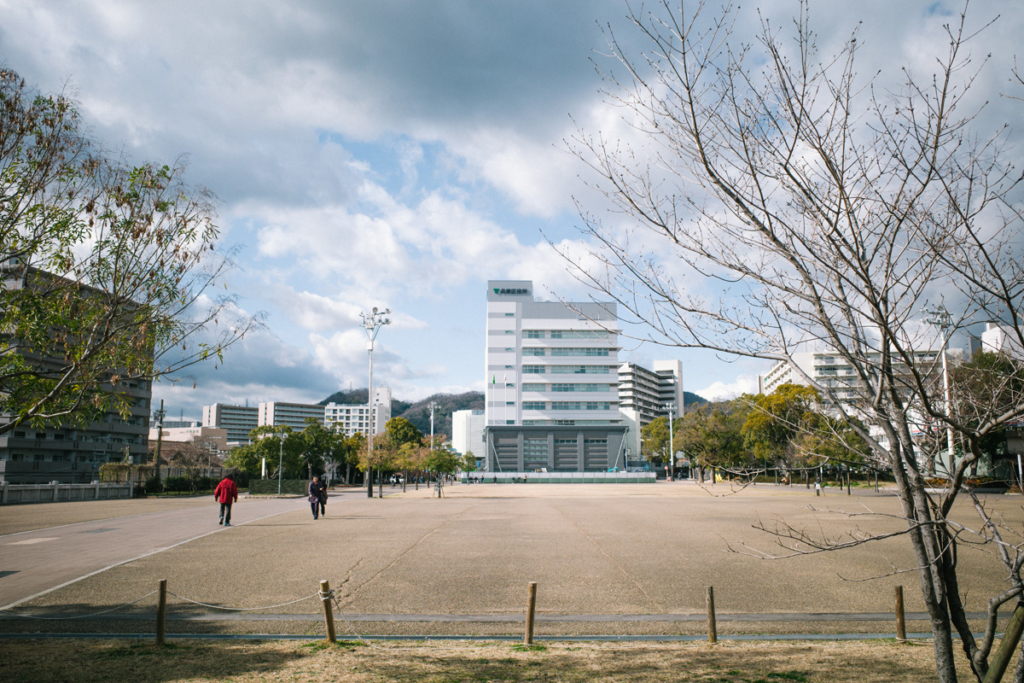
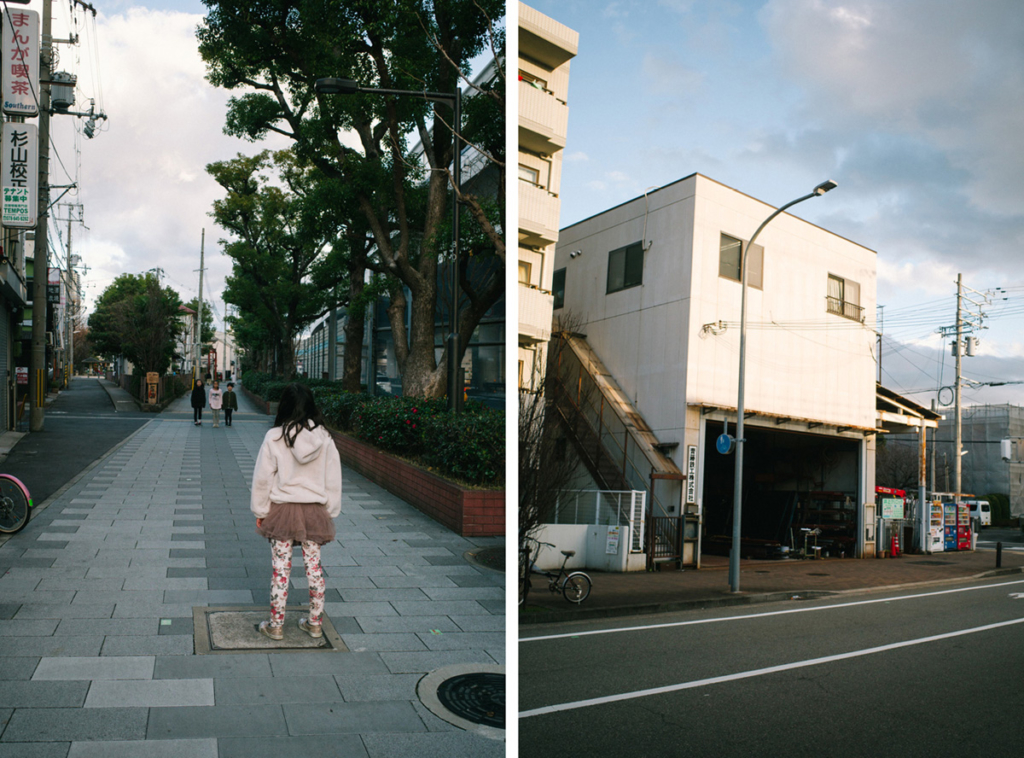
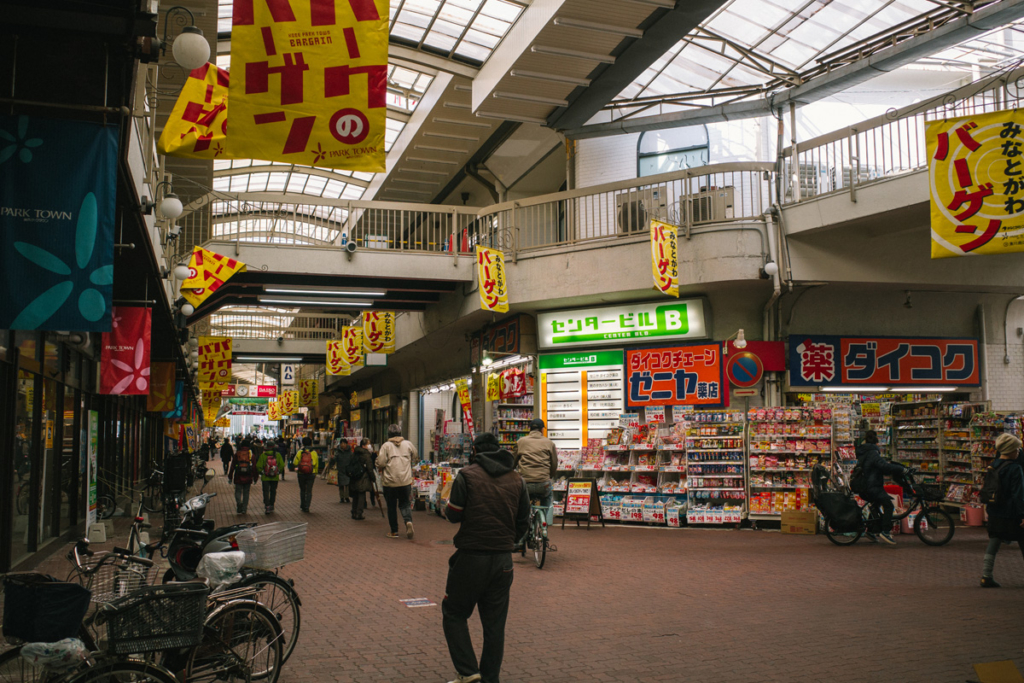
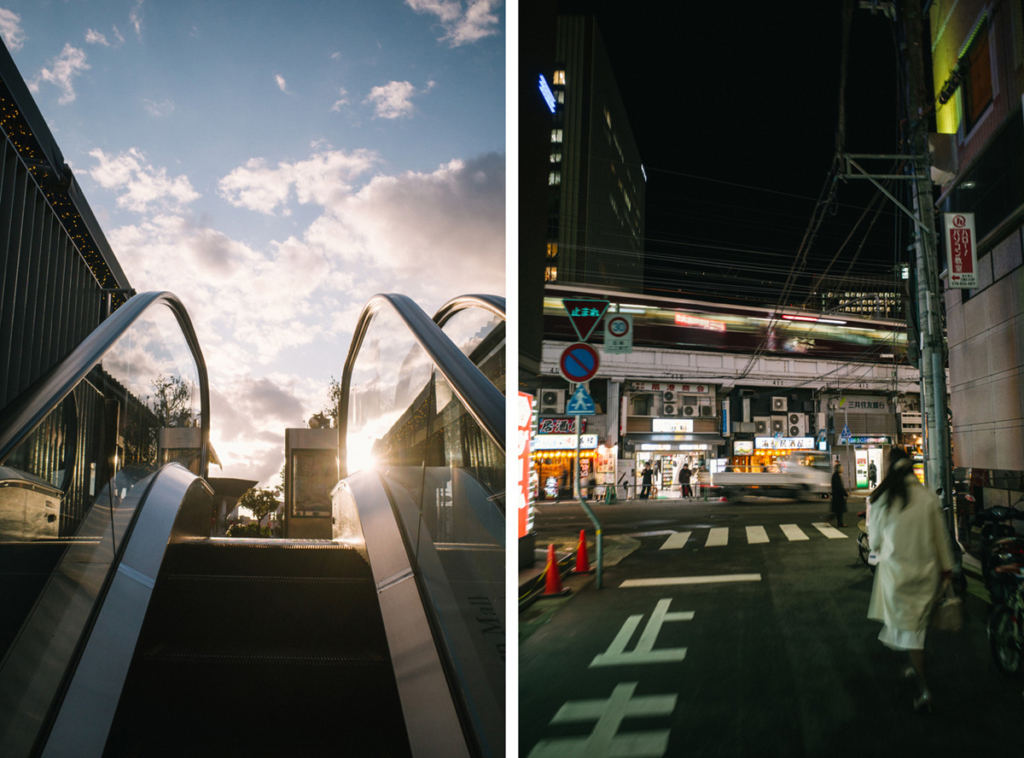
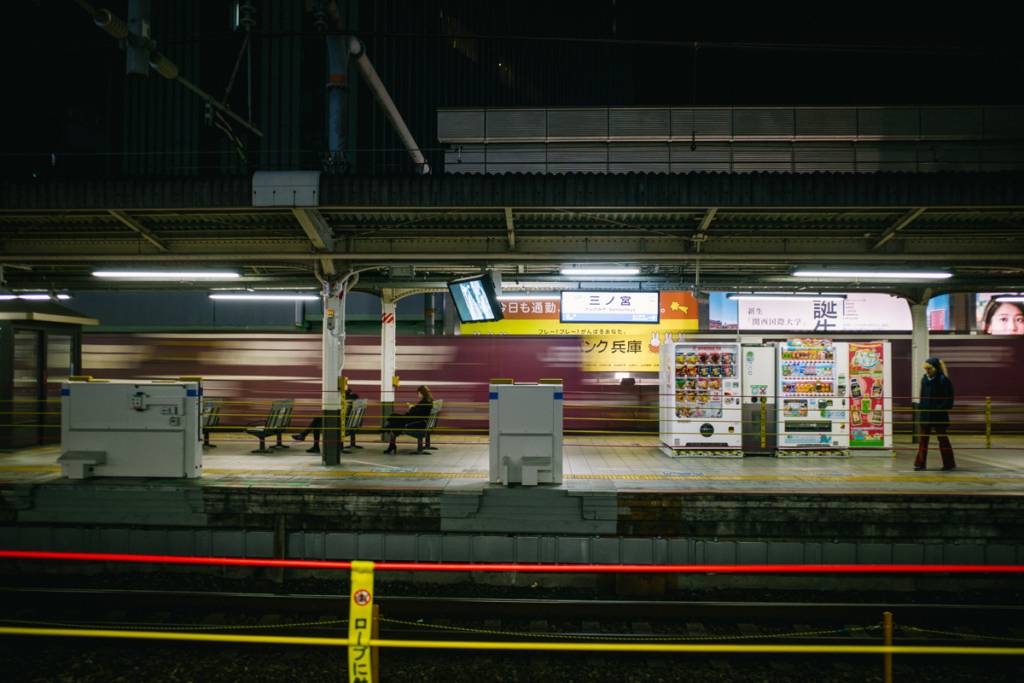
On the fifth day, I set off for my cycling trip on Awaji Island. It was quite a journey cycling from Kobe to the ferry terminal in Akashi, taking the ferry across, and then finally cycling on Awaji Island itself. The island was really quiet and empty in most areas—there just wasn’t many people around. Other than the few towns that were there, it was mostly just trees and mountains. It was beautiful and felt unaffected and untouched by the outside world. I cycled down south along the coast, taking in the beautiful views of the sea and the sky. I’ve been to Japan quite a few times now, but I honestly never get tired of the scenery. When I get to see such beautiful scenery, it’s like witnessing a miracle—I can’t help but feel blessed and thankful to be alive, but most of all, I envy the Japanese people for being so lucky to live in such a beautiful place. Do the locals who live there feel lucky to have such beautiful scenery everyday, or do they take it for granted since it happens every day? I wonder.
My cycling trip in Awaji was pretty mundane. It wasn’t anything spectacular or exciting. All I did was cycle around the island for four days, covering more than 200km, eating whenever I felt hungry, and taking photos whenever I saw something interesting. Most of the time I would stop at random locations on the island to take in the scenery, observe the local people and their normal day life. Everyday I did my best to catch the sunrise and sunset, grabbed every chance to look at the sea along the coast, slowly tasted the flavours of the island, and studied the different trees and shapes of the mountains. Most people would have found it boring, but not for me.
Maybe I’m just weird for feeling strong emotions over such ordinary things like the sea, the blue skies and the mountains.
During this time, I was still always reading the news about the coronavirus epidemic back in China. I couldn’t help but feel a great disconnect between what I saw around me and what I was reading online. On Awaji, everything was serene and peaceful, and the people on the island were super chill and relaxed. Online, back in China, my friends were sharing about how they were forced to stay at home, and how people were advised not to go outside during this period. People were upset and stressed that their everyday life had been disrupted, but most of all, people were scared and worried about the future. The two worlds couldn’t be more different, but they were happening at the same time for me, online and offline, and sometimes I couldn’t tell which one was reality. I was grateful to be cycling in Awaji, but also sad that my friends in China were going through such a difficult time. All I wished was for this epidemic to be over soon so that everyone could return to their normal lives.
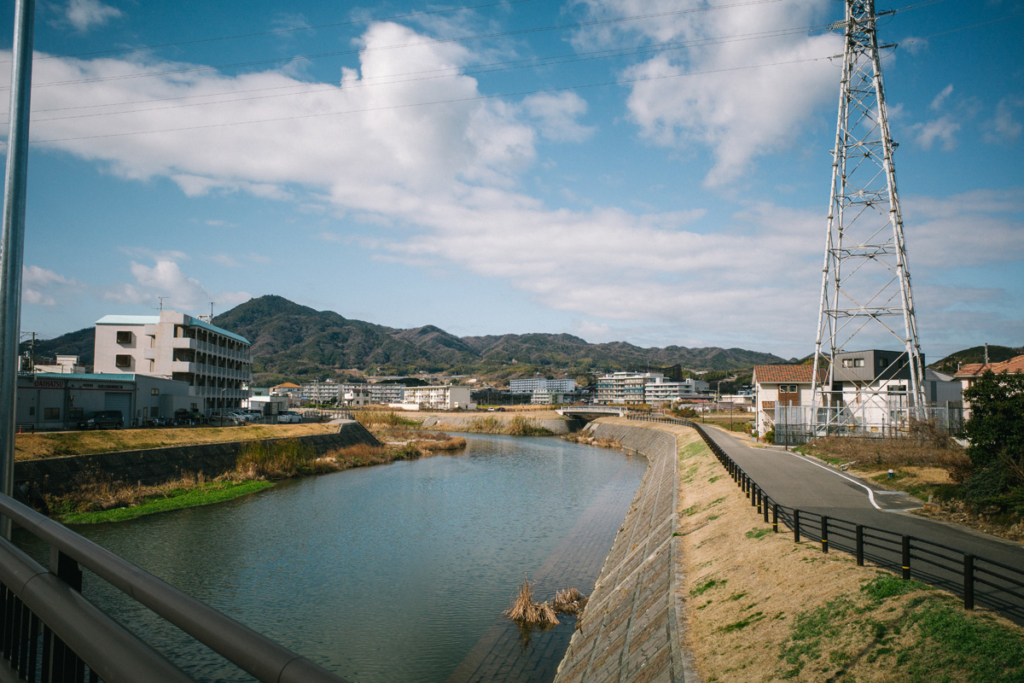
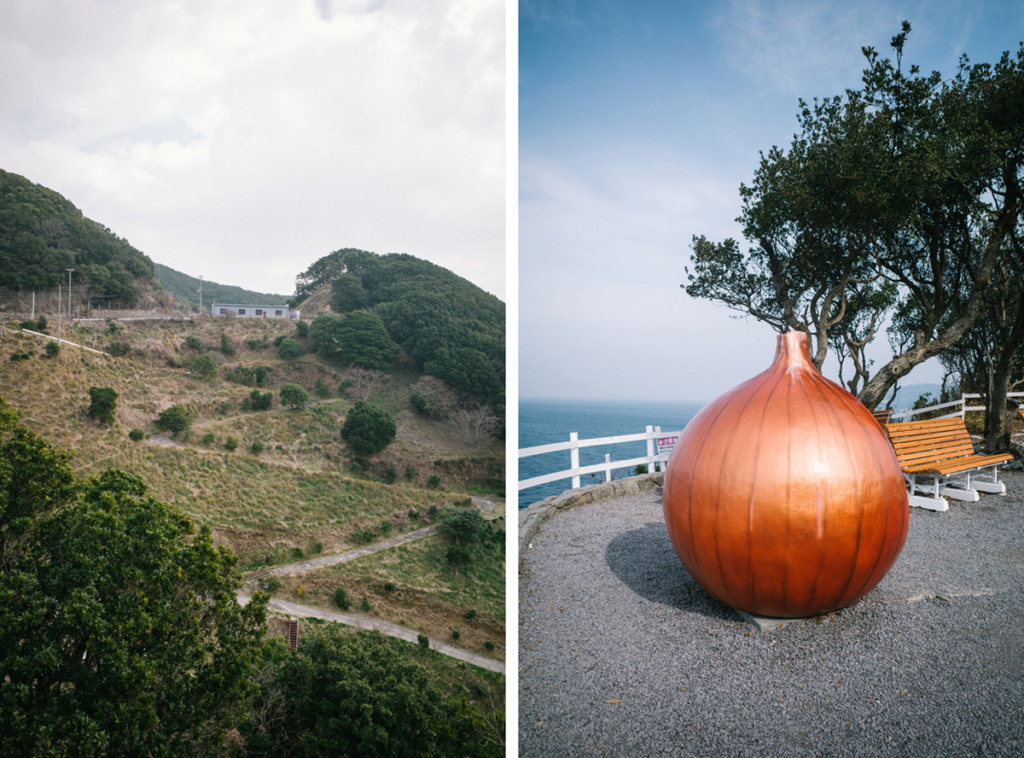
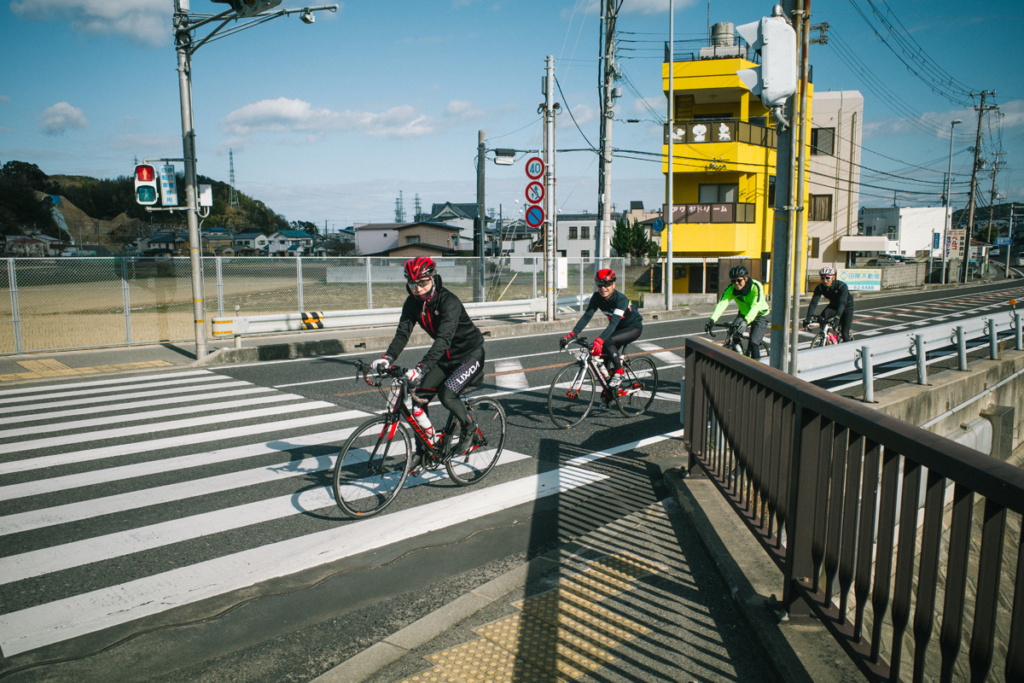
After I returned to Kobe, one of the staff from the guesthouse took me up to a spot on Mount Maya to see the night view of the city. There, standing above the city, I felt touched to see the bustling cityscape. I wondered if the people in the city knew what was going on back in China, and how lucky they were to be able to go about their normal day life. Even as I walked around during my last few days in Kobe, the people I interacted with seemed unaffected by whatever I was reading on social media. People were going to work, going on dates, meeting friends for coffee, shopping for clothes, and kids were running around. Life was normal there. No one was panicking. To them, they still lived in a safe and beautiful world, under beautiful skies, surrounded by the comforting ocean. And to me, for some reason, it was kind of surreal and amazing to see them carry on blissfully with ordinary life.
Maybe ordinary isn’t that ordinary after all.
When normal life is taken away from you, even ordinary things seem like miracles. Watching the streets fill up with people, enjoying a cup of coffee in a cafe, taking a walk in the afternoon sun, having a bowl of noodles in a restaurant, looking at the setting sun—all these seemingly normal things that we take for granted were suddenly not so ordinary anymore. Everything was being shut down in China, but most of all, people didn’t have the mood to enjoy a normal life. To be able to have a normal life, it means to live in a world that feels safe. And when that world is broken by fear, we realize how hard it is to get back to ordinary life. Like the blue skies, sea and mountains that I’ve come to appreciate, just because something exists or happens every day doesn’t mean it isn’t amazing. Only now, when it seems so out of reach that we realize how precious ordinary life actually is.
I don’t know why but I caught myself staring at the sky in Japan a couple of times, amazed by how beautiful the weather was, once again feeling blessed to be alive. But I always wondered if people back in China saw it too.
Then again, don’t we all live under the same sky?
